Access to Space for All Awardees News
- Hypergravity/Microgravity track awardees
- Satellite development track awardees
- Space exploration track awardees
Hypergravity/Microgravity track awardees
Bartolomeo Awardees
The United Nations Office for Outer Space Affairs (UNOOSA) is partnering with Airbus Defence and Space GmbH to offer United Nations Member States the opportunity to accommodate a payload on the Airbus
Bartolomeo external platform on the International Space Station. The mission will be open to all Member States of the United Nations, and developing countries are particularly encouraged to participate. The platform will accommodate and operate payloads provided by institutions in the participating countries. This mission is devoted to addressing the Sustainable Development Goals (SDGs).
For information on how to apply to Bartolomeo, check the
Rounds page.
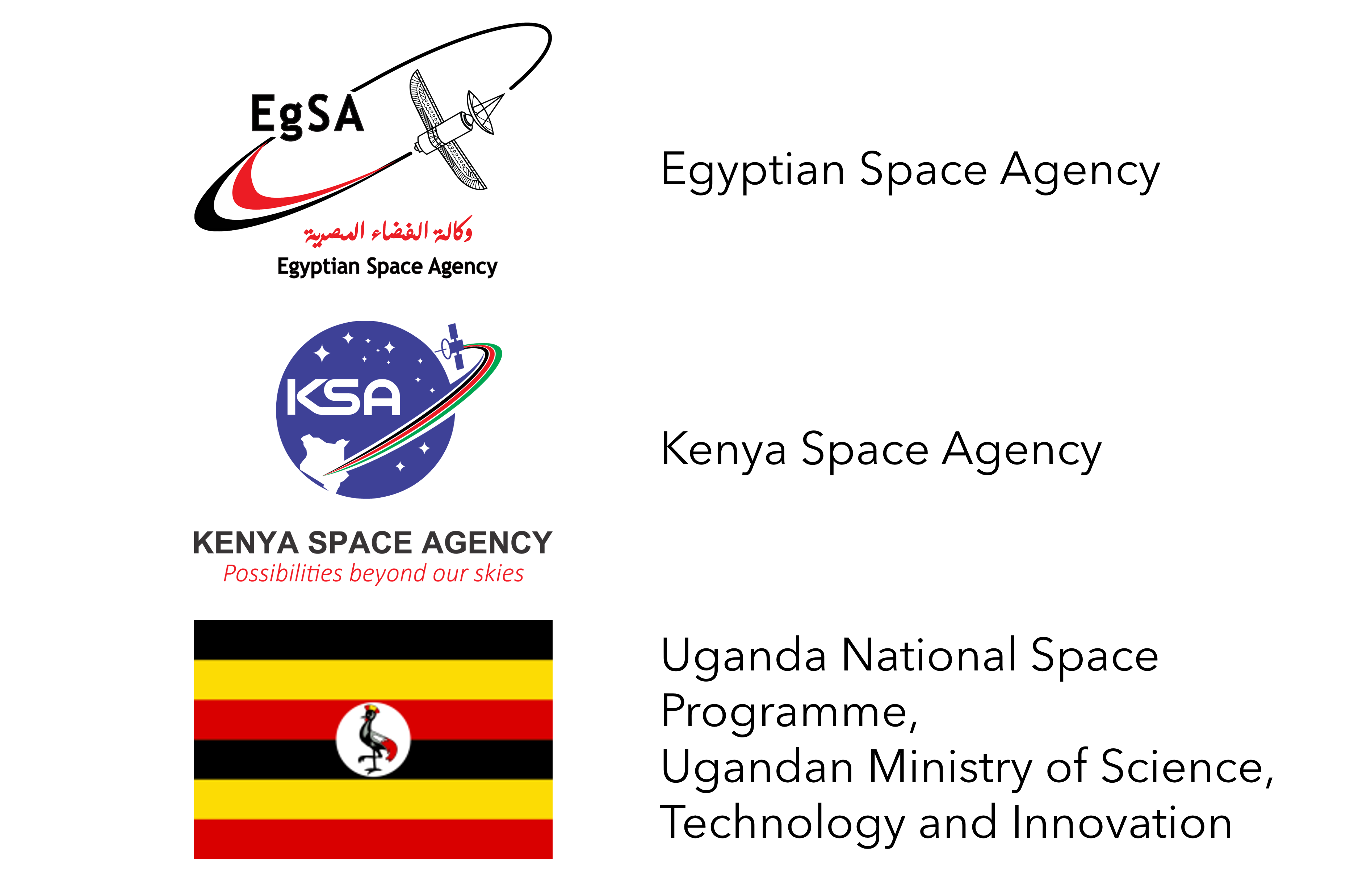
Round 1: Team "ClimCam"
In 2021, the award goes to team "ClimCam", which consists of specialists from different fields and symbolizes the power of international cooperation, bringing together researchers from three institutions: the Egyptian Space Agency, the Kenyan Space Agency and the Uganda National Space Programme within the Ugandan Ministry of Science, Technology and Innovation. The project "ClimCam" will deploy an imaging system onboard the ISS to monitor a series of problems caused by Climate Change.
China Space Station Awardees
The United Nations/China Cooperation on the Utilization of the China Space Station programme is jointly implemented by UNOOSA and CMSA. It provides scientists from around the world with an opportunity to conduct their own experiments onboard China's Space Station (CSS). It is an innovative and future-focused programme to open up space exploration activities to all nations and to create a new paradigm in building capabilities in space science and technology.
For more information on how to apply to the China Space Station programme, check the
Rounds page.
First Round Awardees
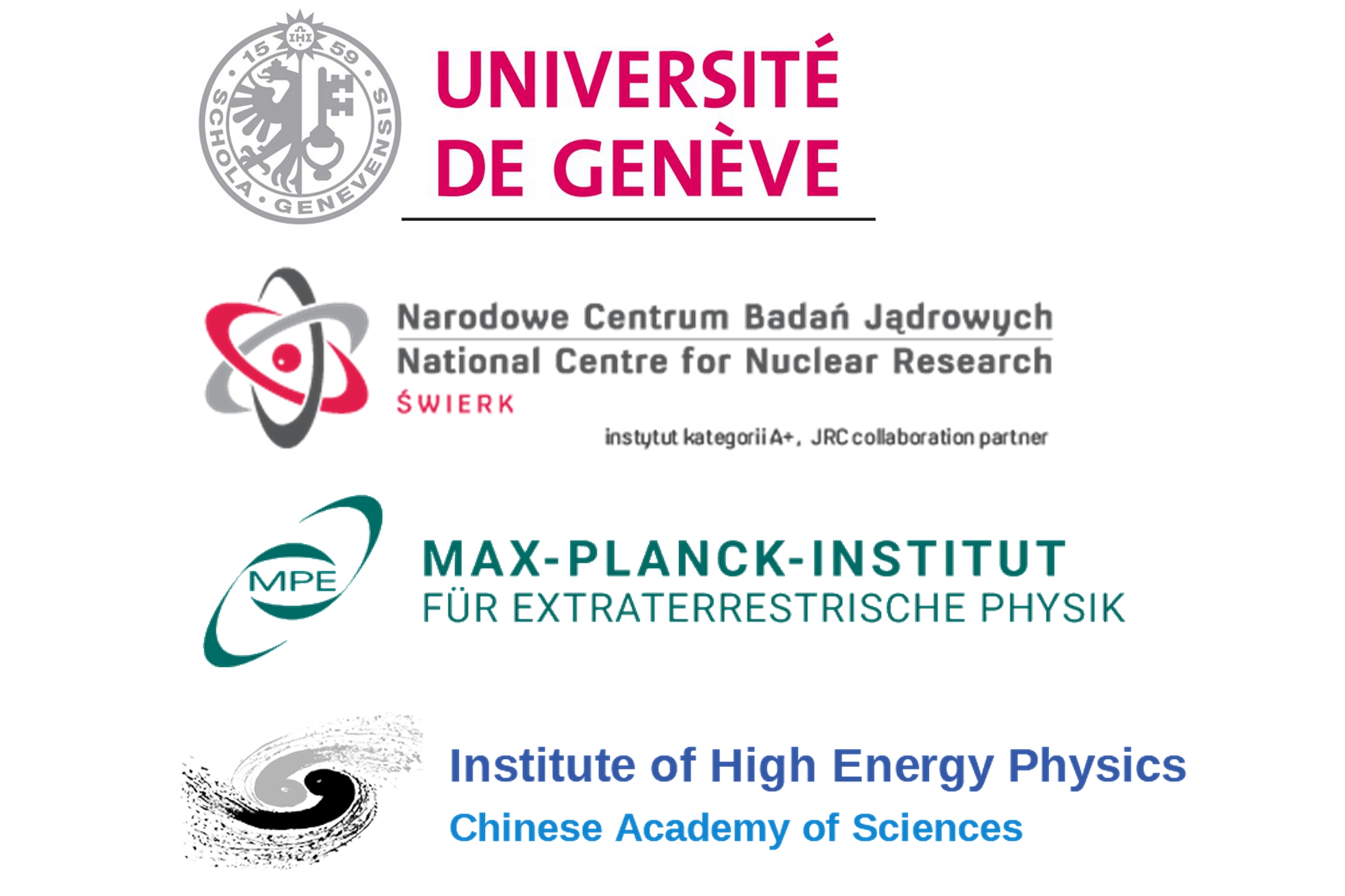
"POLAR-2: Gamma-Ray Burst Polarimetry on the China Space Station" was applied and will be implemented by four institutions from four countries, which are: The University of Geneva from Switzerland, the National Center for Nuclear Research of Poland, the Max Plank Institute for Extra-terrestrial Physics of Germany, and the Institute of High Energy Physics of Chinese Academy of Sciences.
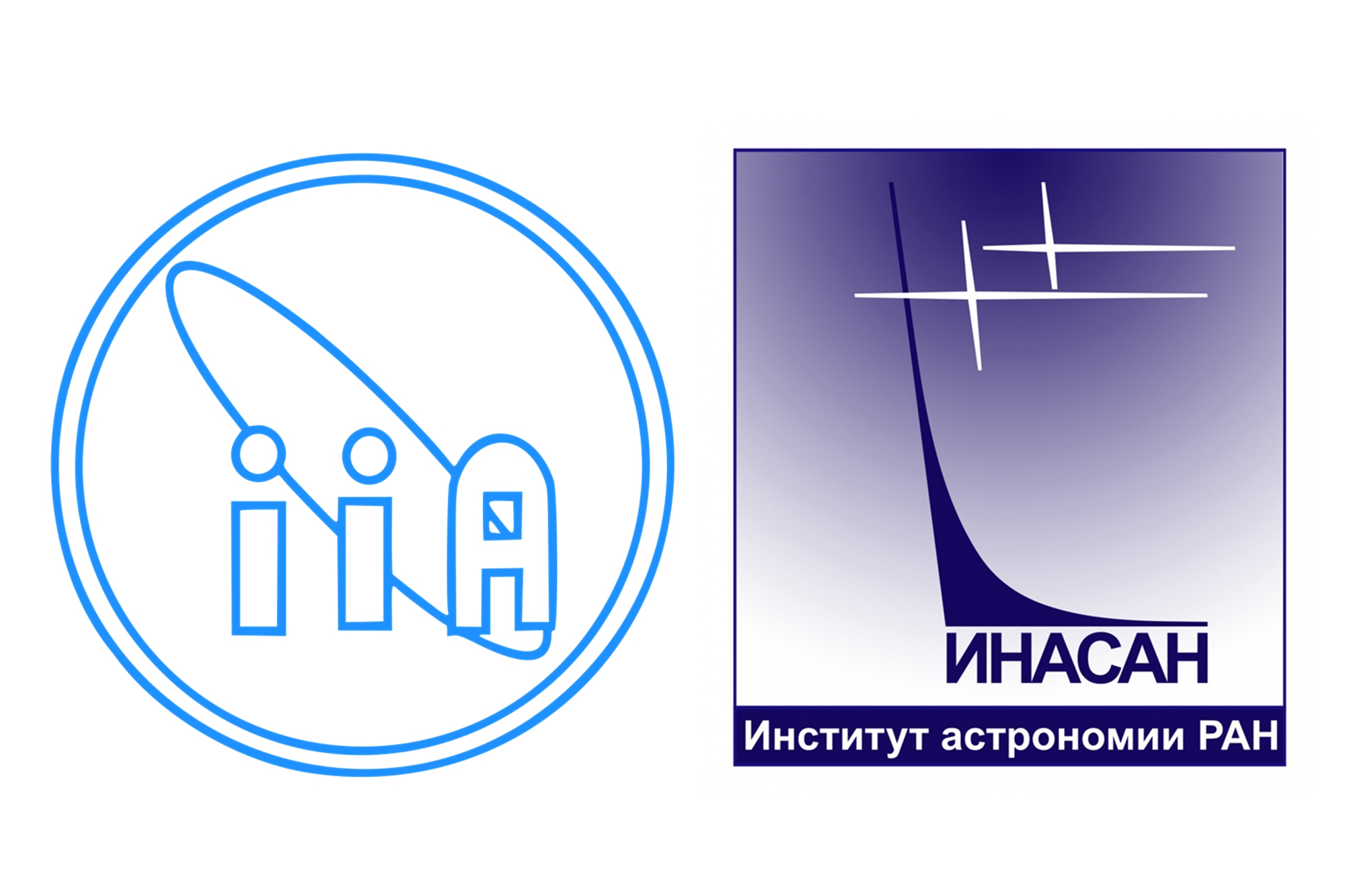
"Spectroscopic Investigations of Nebular Gas (SING)" was applied and will be implemented by two institutions from two countries, which are: The Indian Institute of Astrophysics, and the Institute of Astronomy of the Russian Academy of Sciences.
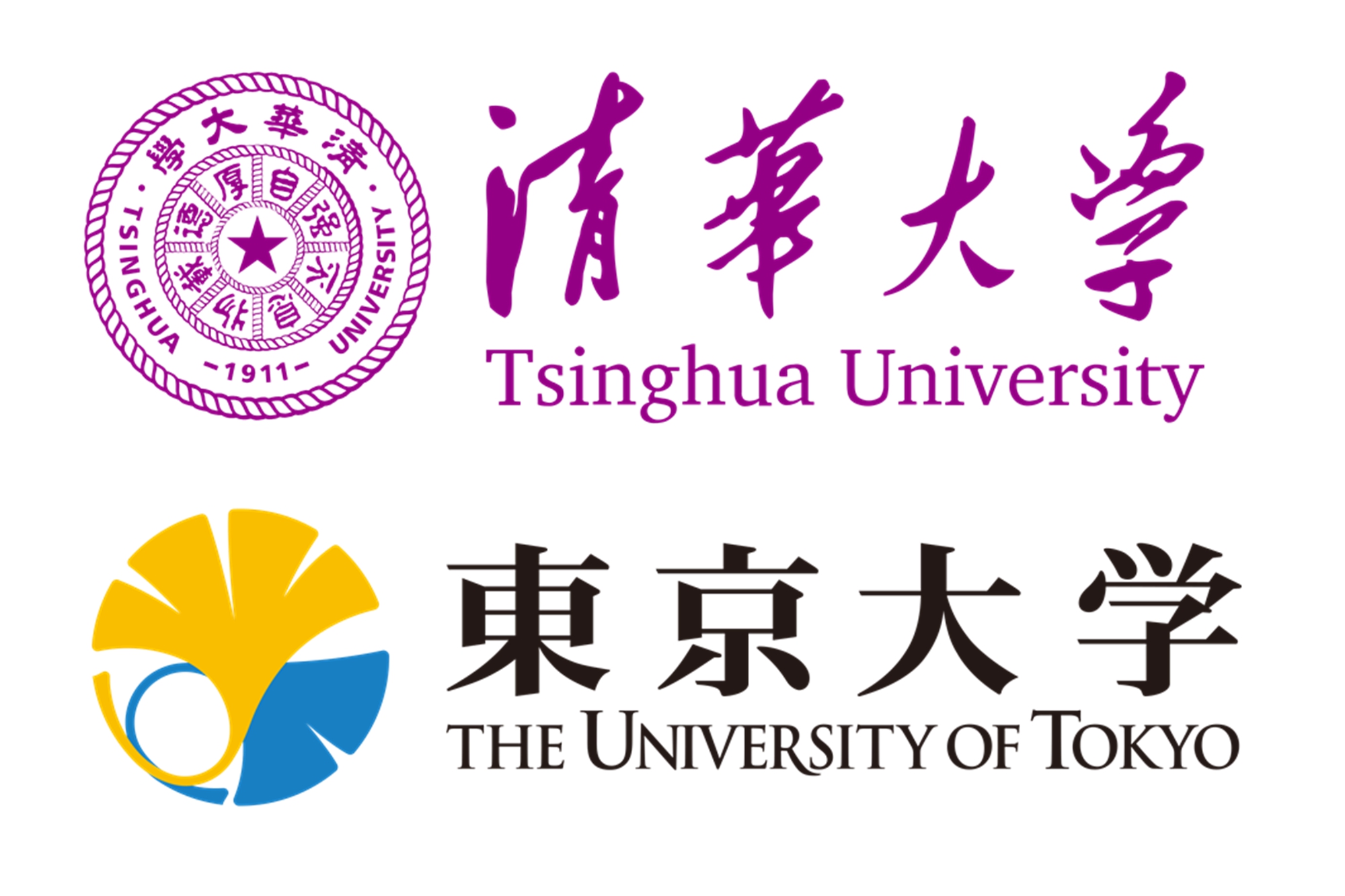
"Flame Instabilities Affected by Vortices and Acoustic Waves (FIAVAW)" was jointly applied and will be jointly implemented by two institutions from two countries, which are: Tsinghua University from China and the University of Tokyo from Japan.
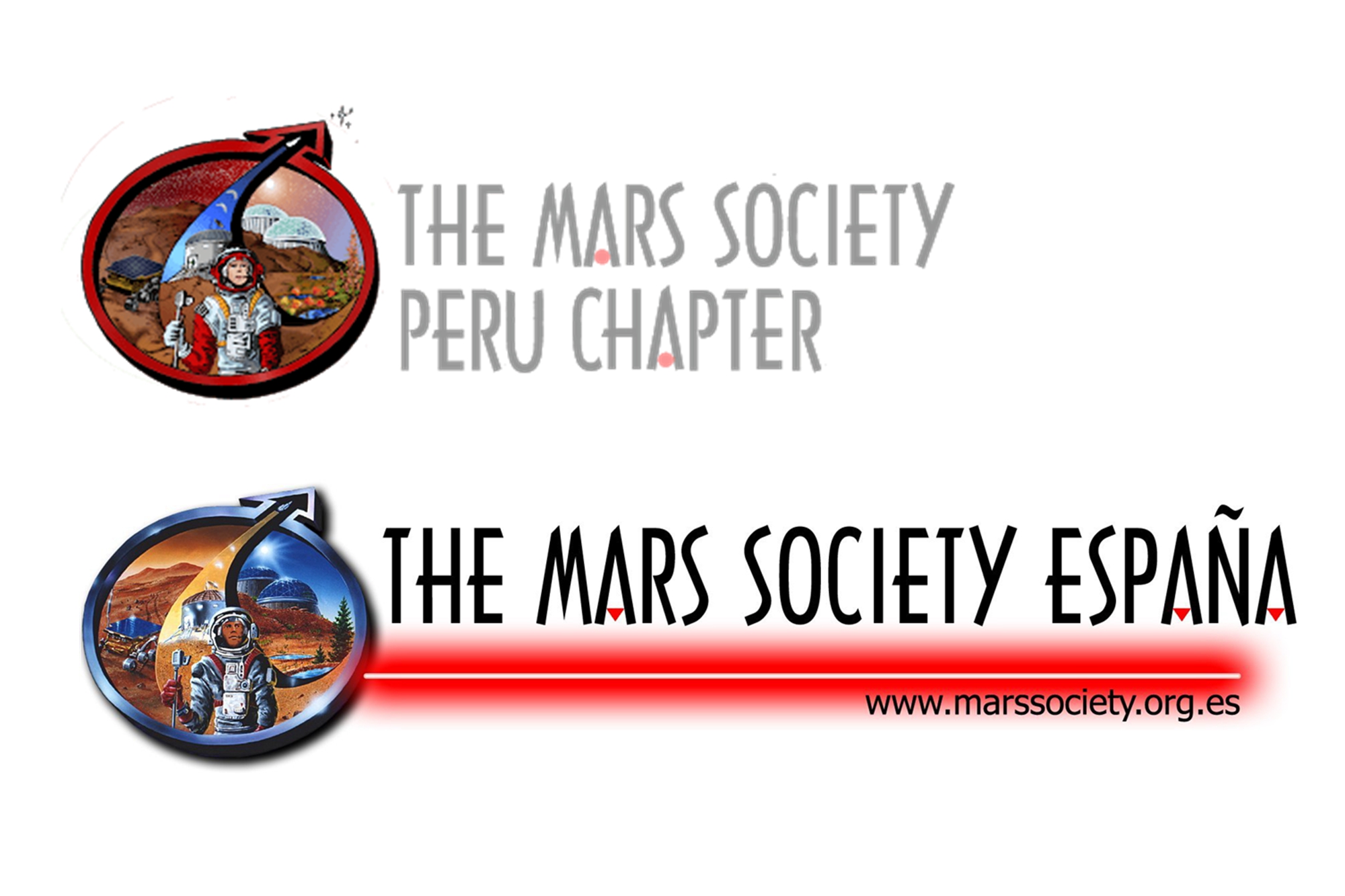
"Effect of Microgravity on the Growth and Biofilm Production of Disease-Causing Bacteria" was jointly applied and will be jointly implemented by the Mars Society - Peru Chapter, and the Mars Society - Spain Chapter.
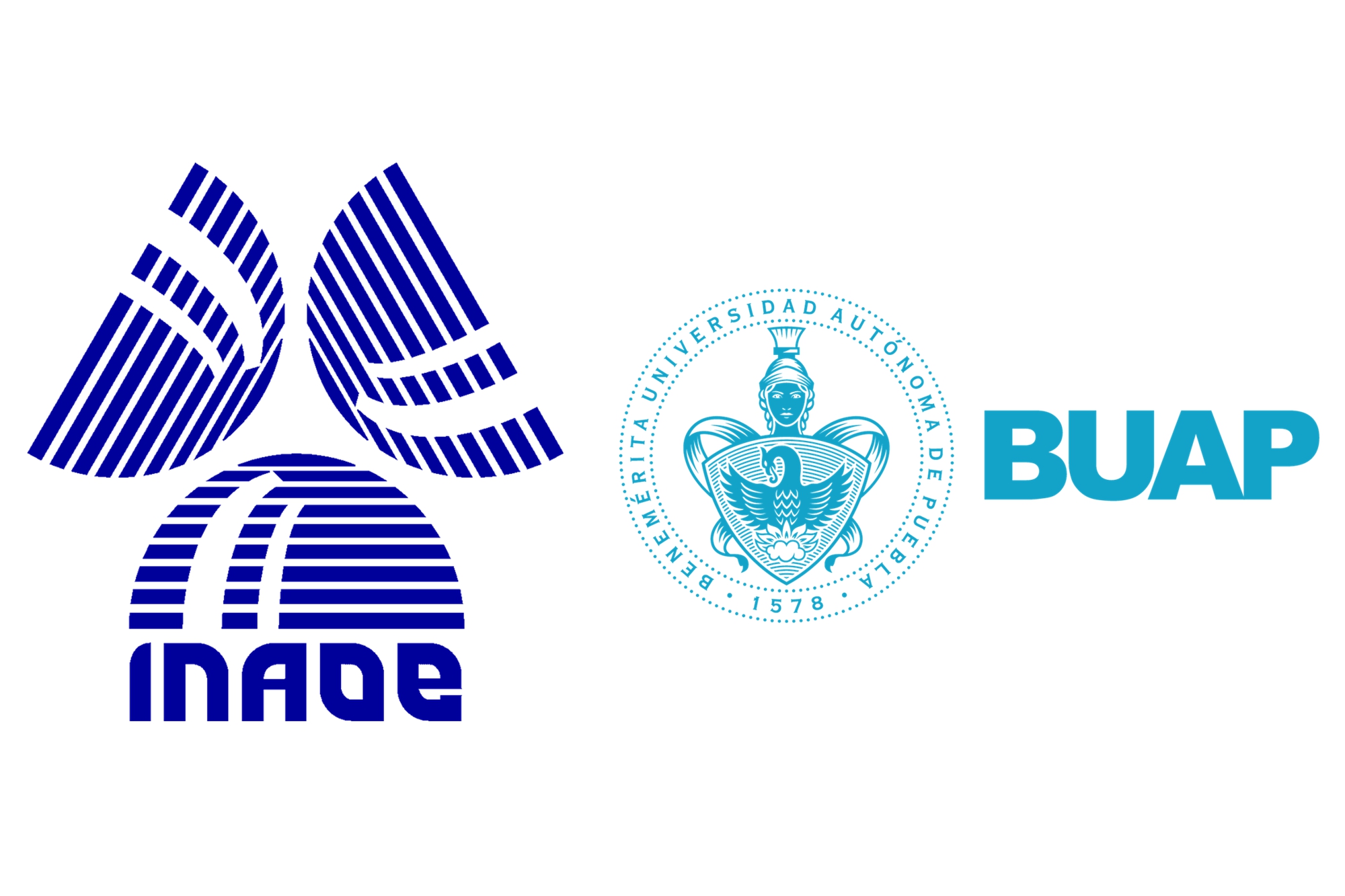
"Mid-infrared platform for Earth observations" was jointly applied and will be jointly implemented by two organizations from one country, which are: the National Institute of Astrophysics Optics and Electronics (INAOE), and Benemérita Universidad Autónoma de Puebla (BUAP) from Mexico.
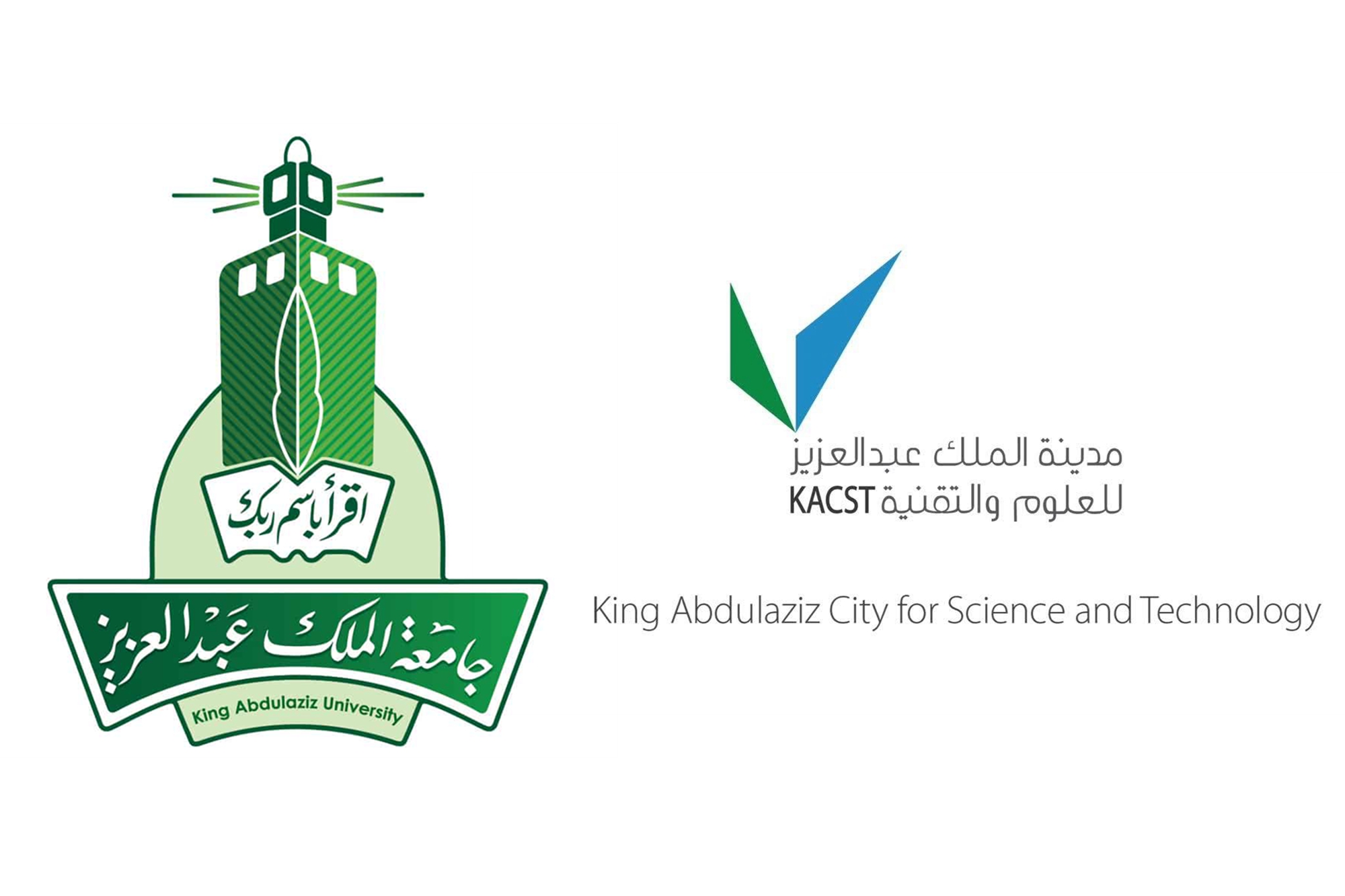
"Development of Multi-Junction GaAs Solar Cells for Space Applications" was jointly applied and will be jointly implemented by two institutions from one country, which are: the National Center for Nanotechnology and Advanced Materials, and the King Abdulaziz City for Science and Technology (KACST) from Saudi Arabia.
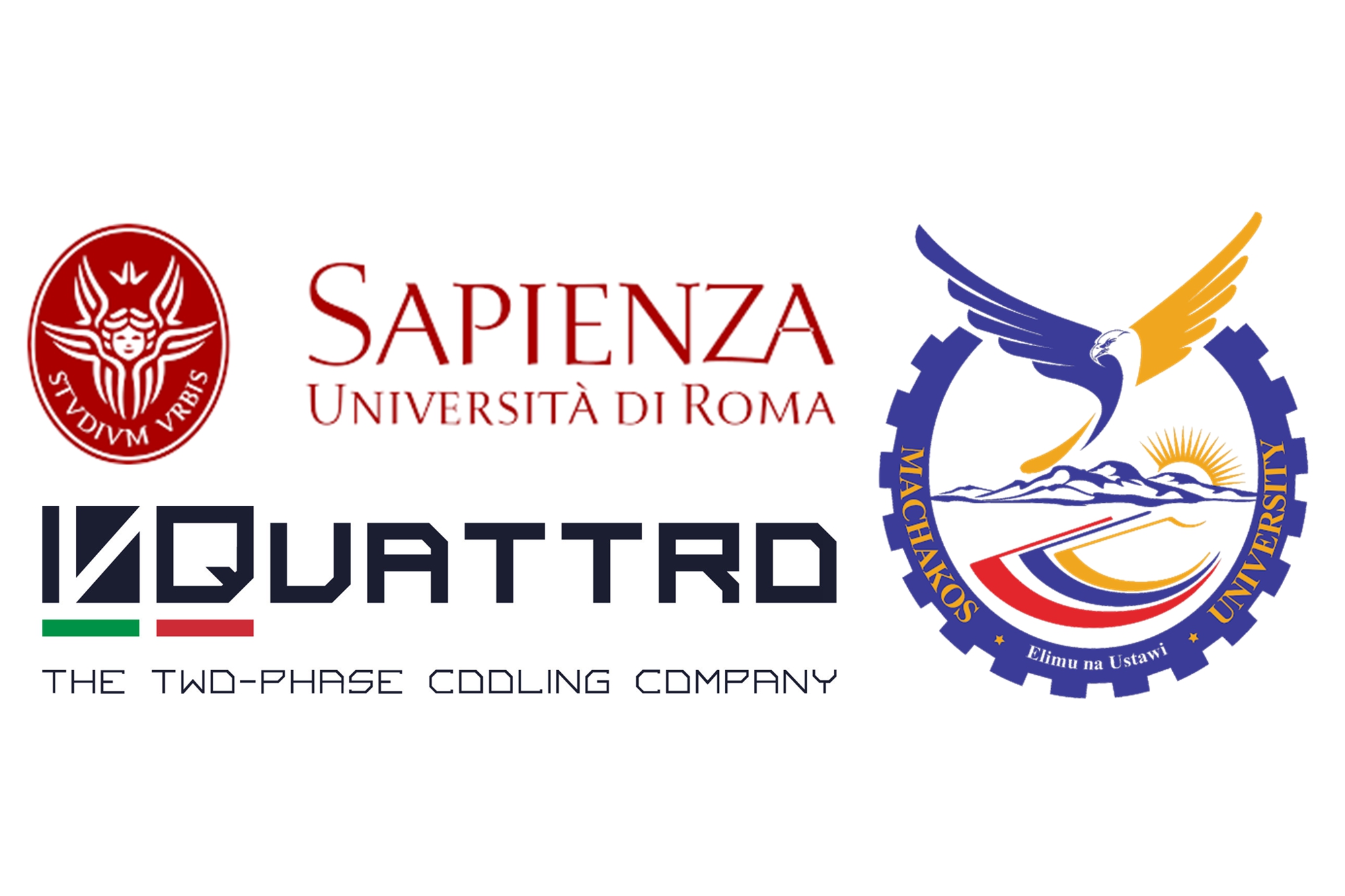
"BARIDI SANA - High-Performance Micro 2-Phase Cooling System for Space Applications" was applied and will be implemented by three institutions from two countries, which are: the Sapienza University of Rome in Italy, In Quattro s.r.l. in Italy, and the Machakos University in Kenya.
Dream Chaser Awardees
The United Nations Office for Outer Space Affairs (UNOOSA) is partnering with
Sierra Space to offer United Nations Member States the opportunity to participate in an orbital space mission utilizing Sierra Space's
Dream Chaser® spaceplane. The mission will be open to all Member States of the United Nations, and developing countries are particularly encouraged to participate. The mission will carry experiments, payloads, or satellites provided by institutions in the participating countries.
For more information on how to apply to Dream Chaser check the
Rounds page.
DropTES Awardees
The Drop Tower Experiment Series is a fellowship programme of the United Nations Office for Outer Space Affairs (UNOOSA) in which students can learn and study microgravity science by performing experiments in a drop tower. The Bremen Drop Tower in Germany is a ground-based laboratory with a drop tube of a height of 146 meters, which can enable short microgravity experiments to be performed in various scientific fields, such as fluid physics, combustion, thermodynamics, material science and biotechnology.
For more information on how to apply to DropTES, check the
Rounds page.
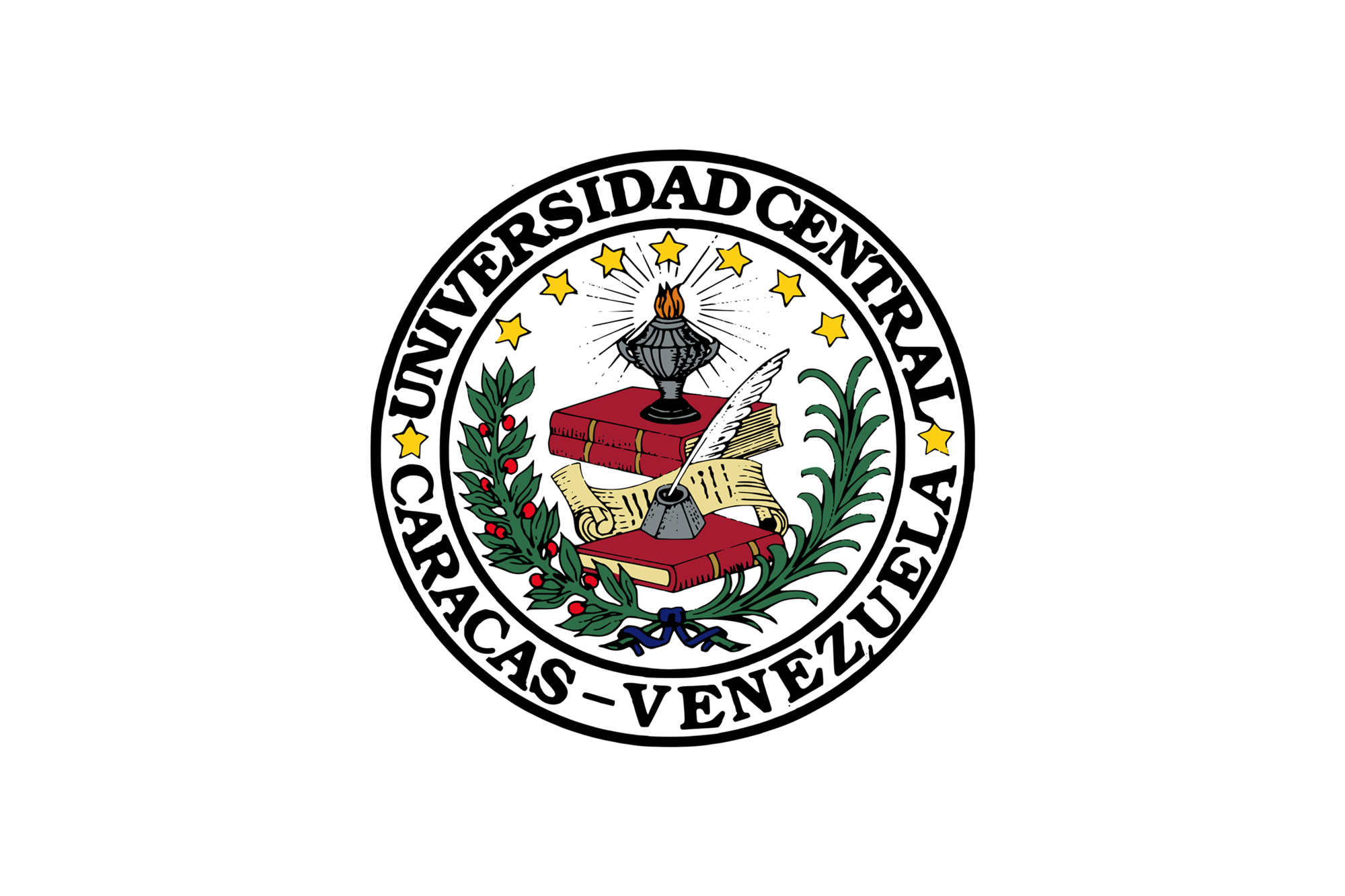
Round 9: Universidad Central de Venezuela team
In 2024, the award went to Universidad Central de Venezuela team. The objective is to study the effects of microgravity on aluminum alloy weldings. Through the DropTES experiment, the impact of microgravity on the microstructural behavior of aluminum welding will be investigated.
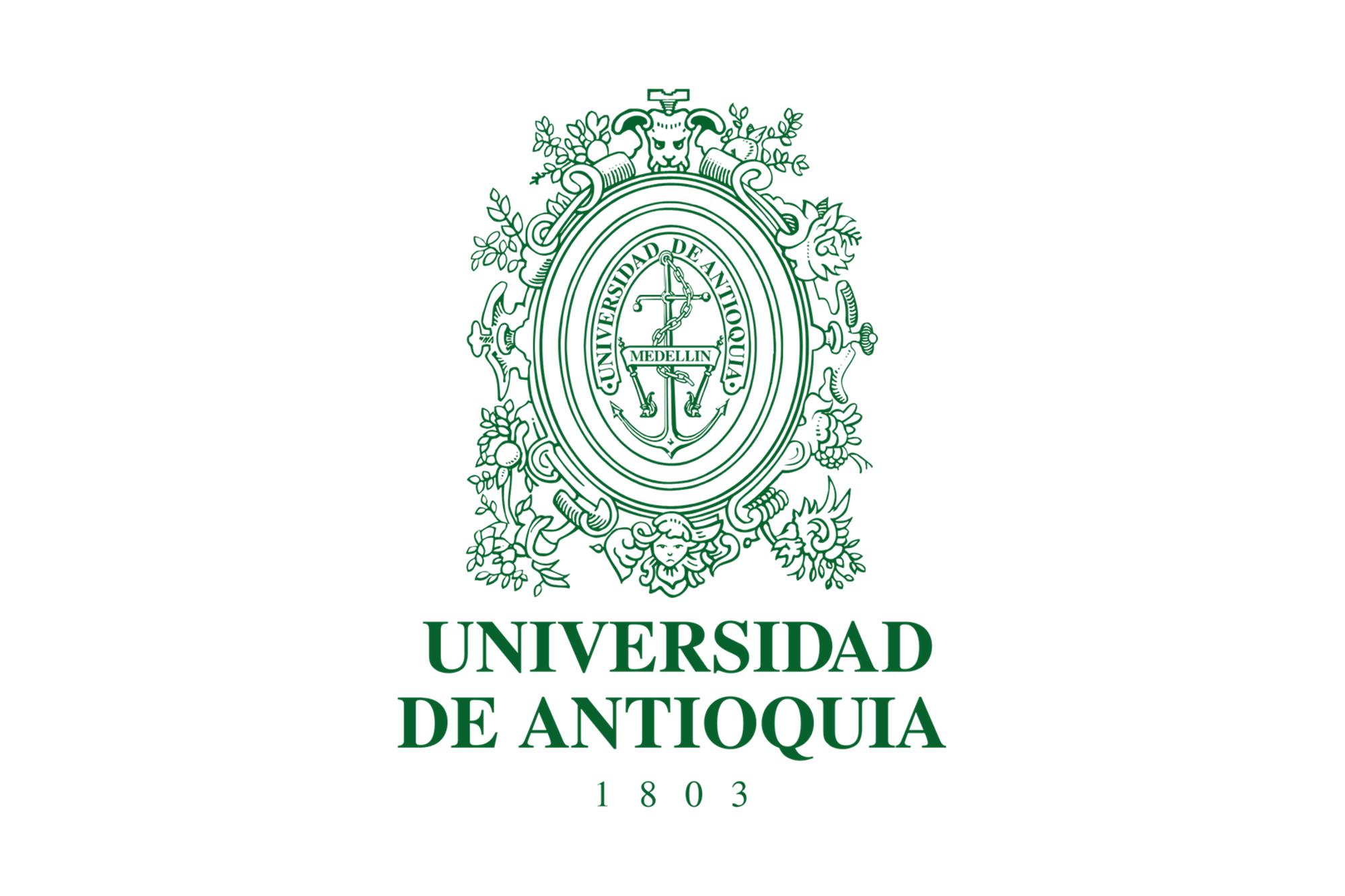
Round 8: Universidad de Antioquia team
In 2022, the award went to Universidad de Antioquia team. The objective is to explore the possibility of autonomous soldering in microgravity environment and study the microstructure of the tin drops obtained during the solidification process in microgravity and compare them to the ones solidified in normal gravity.
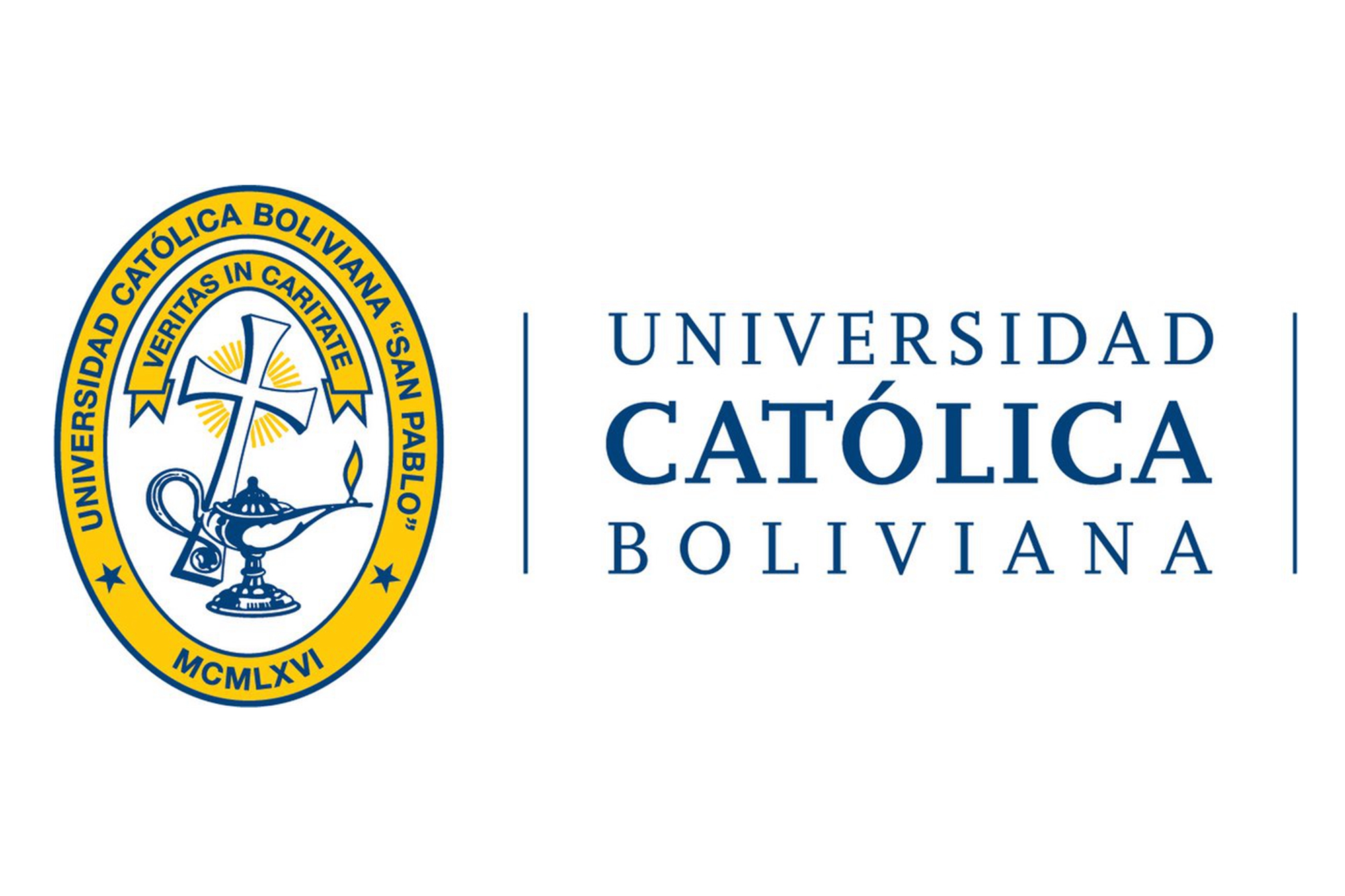
Round 7: Universidad Católica Boliviana "San Pablo" team
In 2020, the award went to Universidad Católica Boliviana "San Pablo" team. The objective is to determine the 3D printing feasibility, measure intra-structure remaining liquid resin after light exposure, and compare manufacturing time, amount of used material while processing in 2 different approaches.
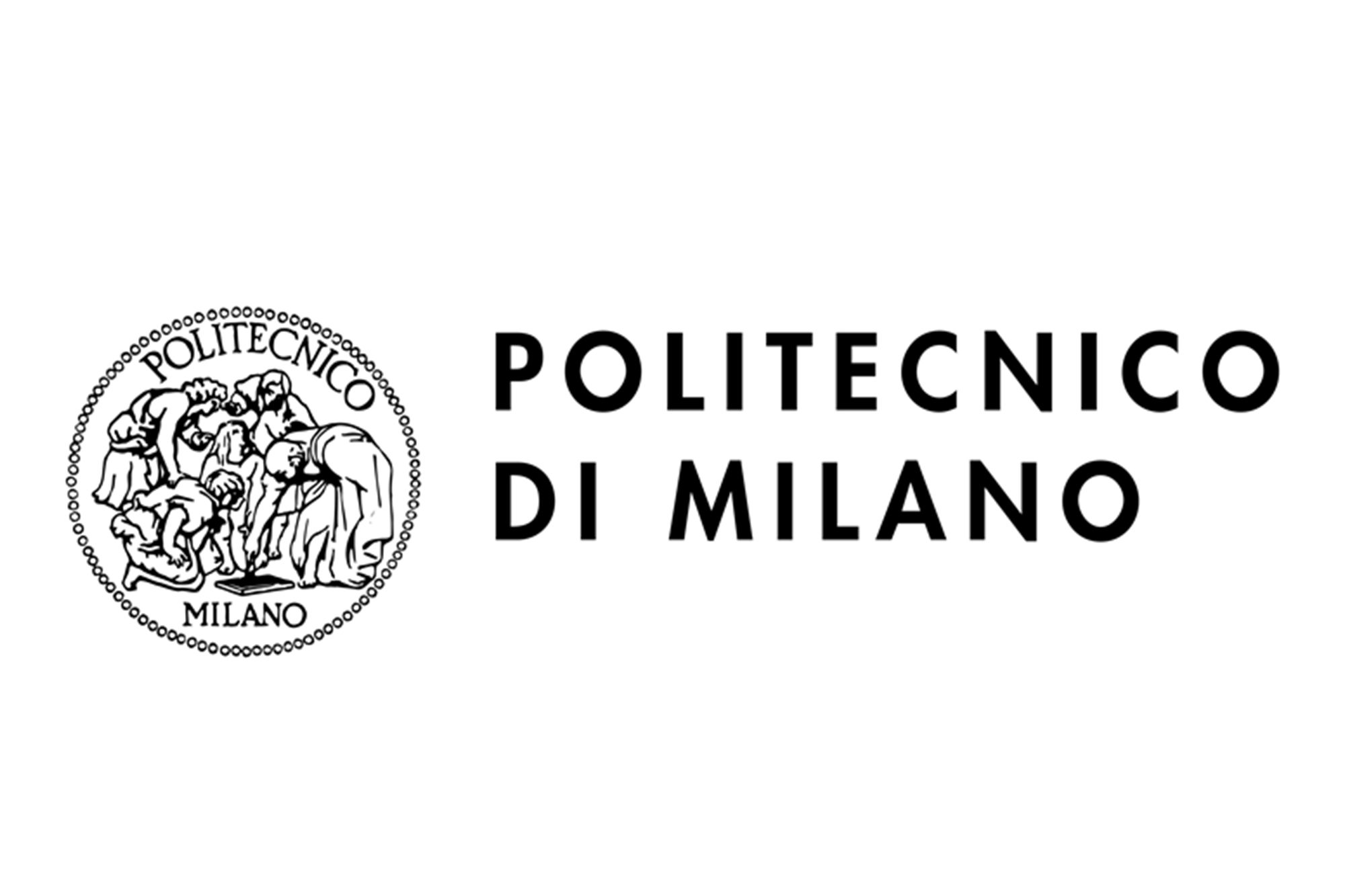
Round 6: Politecnico de Milano "Polimi" team
In 2019, the award went to Politecnico de Milano "Polimi" team. The objective of their experiment is to analyze the lateral sloshing of a ferrofluid solution in low gravity with the aim of measuring its oscillation frequency while subjected to different magnetic field intensities.
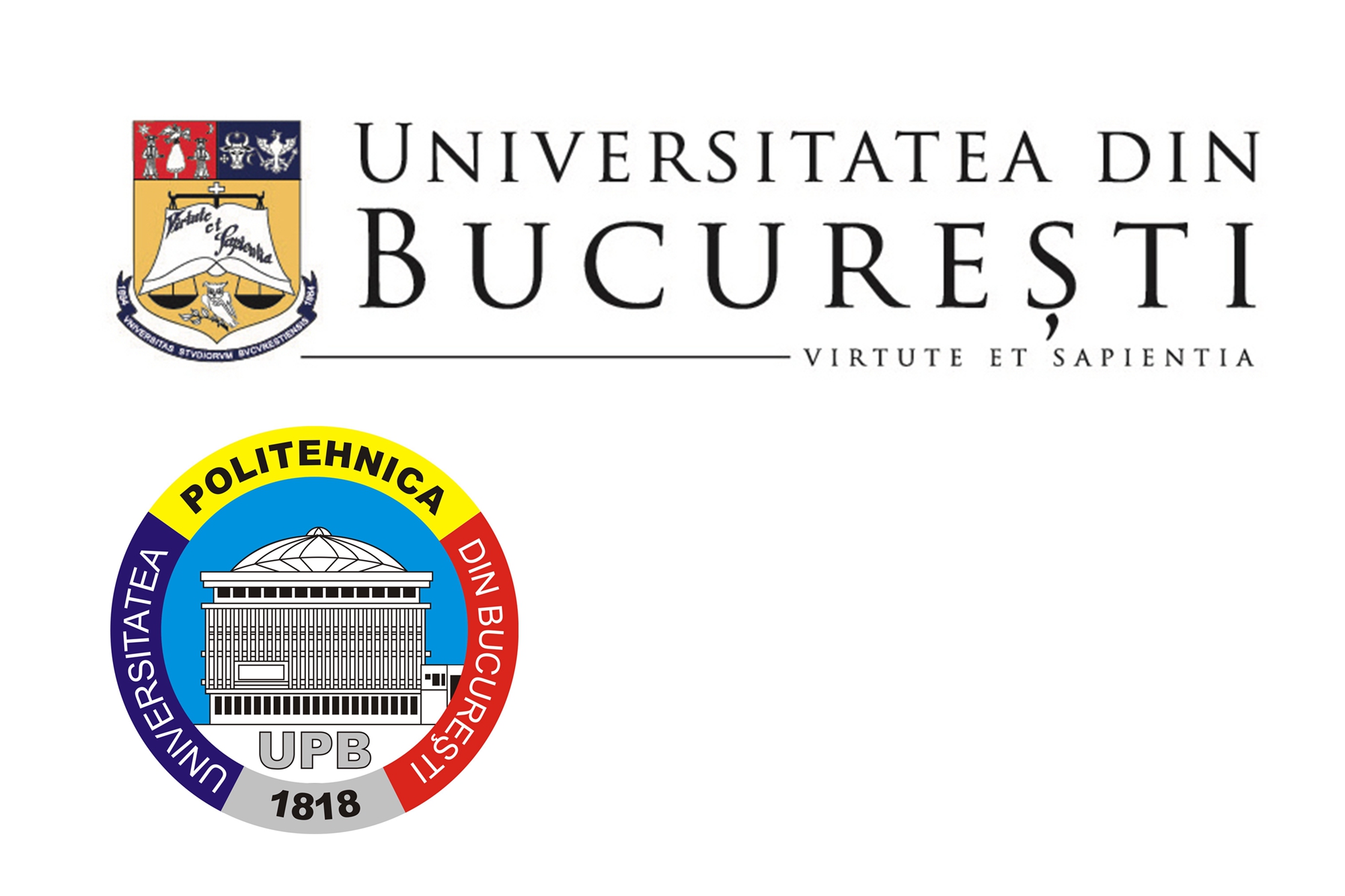
Round 5: University of Bucharest and Politehnica University of Bucharest
In 2018, the award went to the University of Bucharest and Politehnica University of Bucharest. The objective of their experiment is to expose medicine droplets containing aqueous chlorpromazine (CPZ) solution to both laser radiation and microgravity conditions.
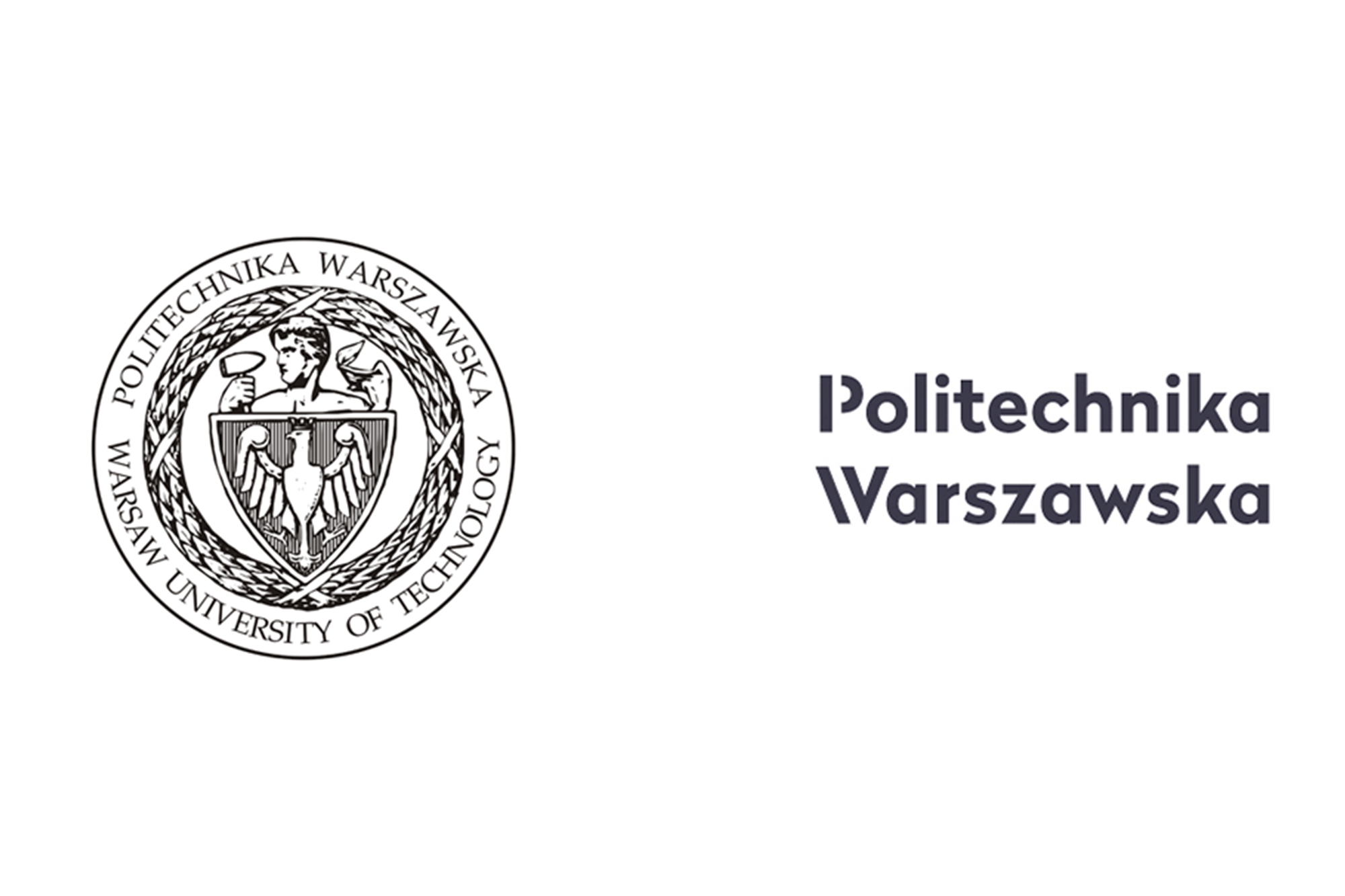
Round 4: Warsaw University of Technology
In 2017, the award went to the Warsaw University of Technology. The objective of their experiment is to verify, in vacuum and microgravity conditions, the deployment of the deorbit sail system on their two-unit CubeSat called "PW-Sat2".
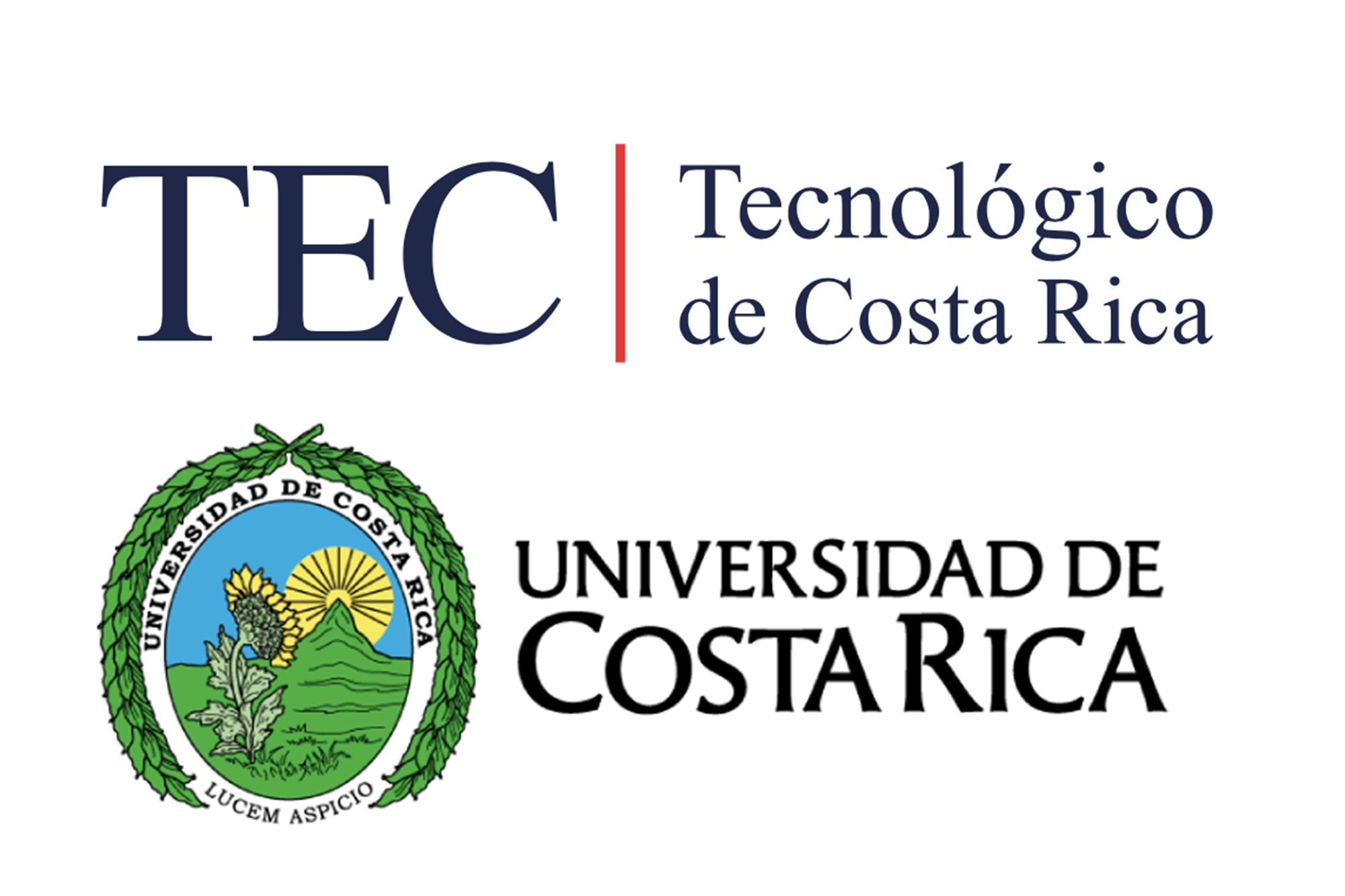
Round 3: Instituto Tecnólogico de Costa Rica and Universidad de Costa Rica
In 2016, the award went to Instituto Tecnólogico de Costa Rica and Universidad de Costa Rica. The objective is to expand the technical knowledge and information on the behaviour of a reduced-scale robotic arm manipulator such as dynamics, motion, and control under microgravity conditions.

Round 2: Universidad Católica Boliviana "San Pablo" team
In 2015, the award went to Universidad Católica Boliviana. The objective of their experiment is to examine and evaluate the property of an alloy of Nickel and Titanium "Nitinol" under the microgravity environment
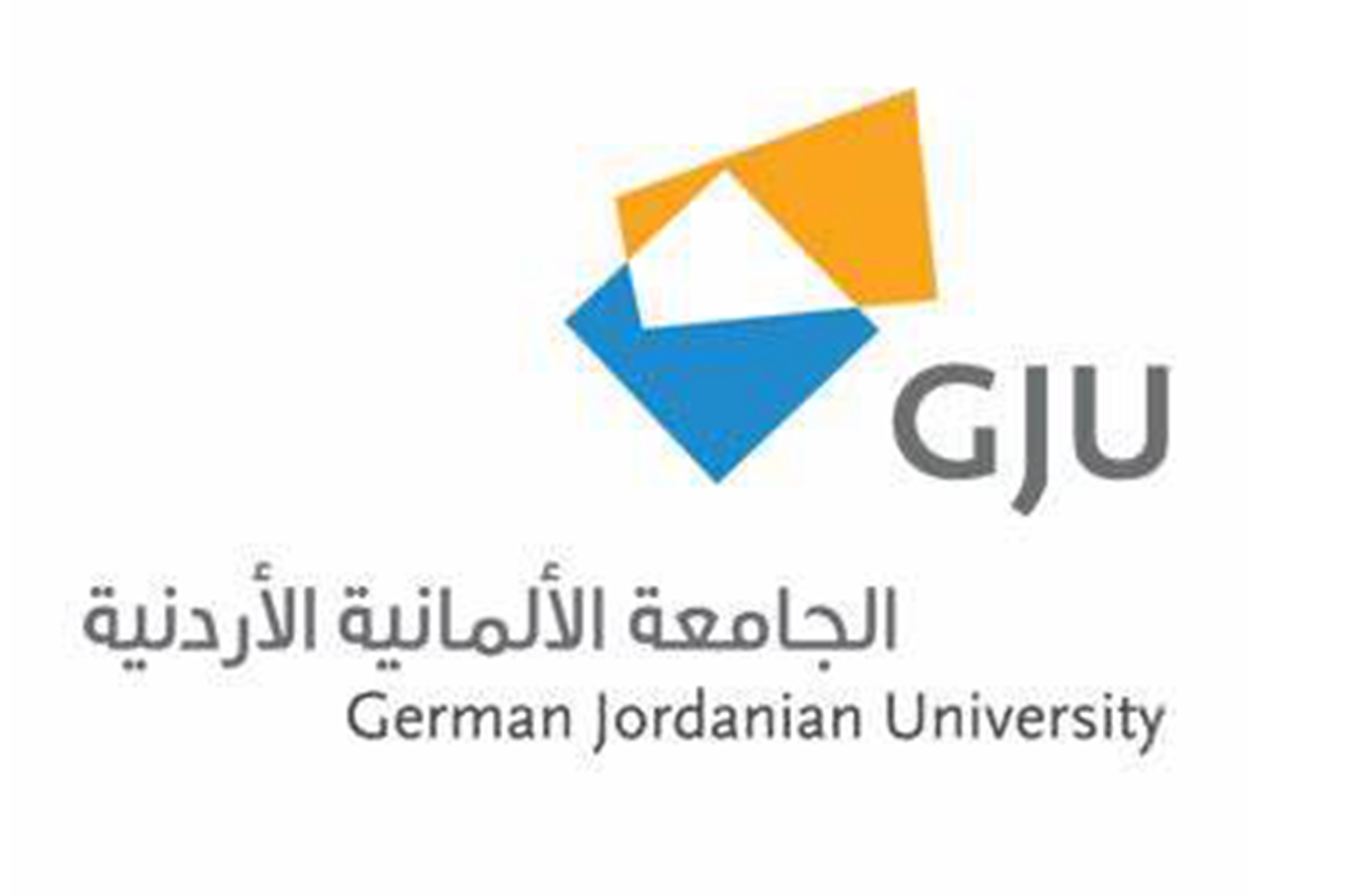
Round 1: German Jordanian University
In 2014, the award went to German Jordanian University, Jordan. The objective of their experiment is to investigate the stability of tether dynamics for satellites with electromagnetic tether systems using a Tilger, a mass damper.
HyperGES Awardees
The United Nations / European Space Agency Fellowship Programme on the Large Diameter Centrifuge Hypergravity Experiment Series (HyperGES) is a fellowship programme offered by the United Nations Office for Outer Space Affairs (UNOOSA) in cooperation with the European Space Agency (ESA) and the
European Space Research and Technology Centre (ESTEC). The fellowship programme is aimed at providing opportunities for scientists and researchers with a team of students from the Member States of the United Nations with particular attention to developing countries to conduct their own hypergravity experiment series at the LDC facility located at ESTEC in Noordwijk, the Netherlands.
For information on how to apply to HyperGES, check the
Rounds page.
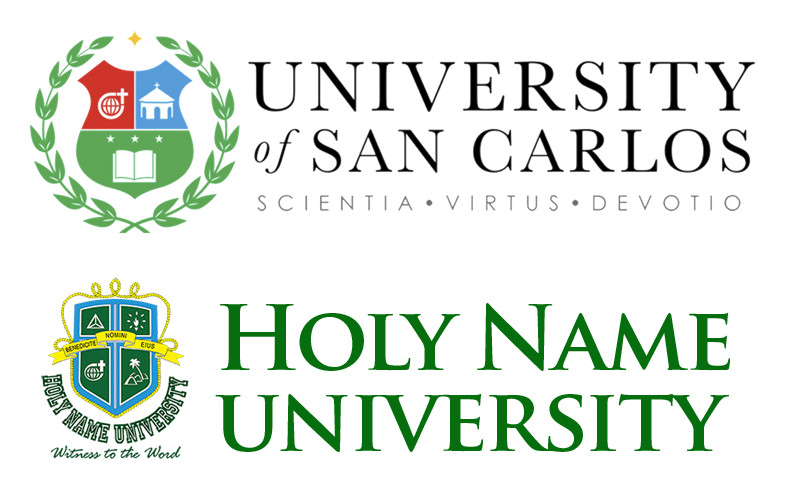
Round 3: University of San Carlos and Holy Name University
The awardee of the 3rd round is a joint team from the University of San Carlos and Holy Name University from the Philippines. The team will test 3D-printed scaffolds with the material extracted from red seaweeds in a hypergravity environment. The results will support its utilization as the material for bone tissue building.

Round 2: Universidad Católica Boliviana "San Pablo"
The awardees of the 2nd round are Universidad Católica Boliviana "San Pablo" of Bolivia and Macau University of Science and Technology of Macao, China. UCB will examine how hypergravity affects the break-up of human red blood cells to get a better understanding of anaemia in space.
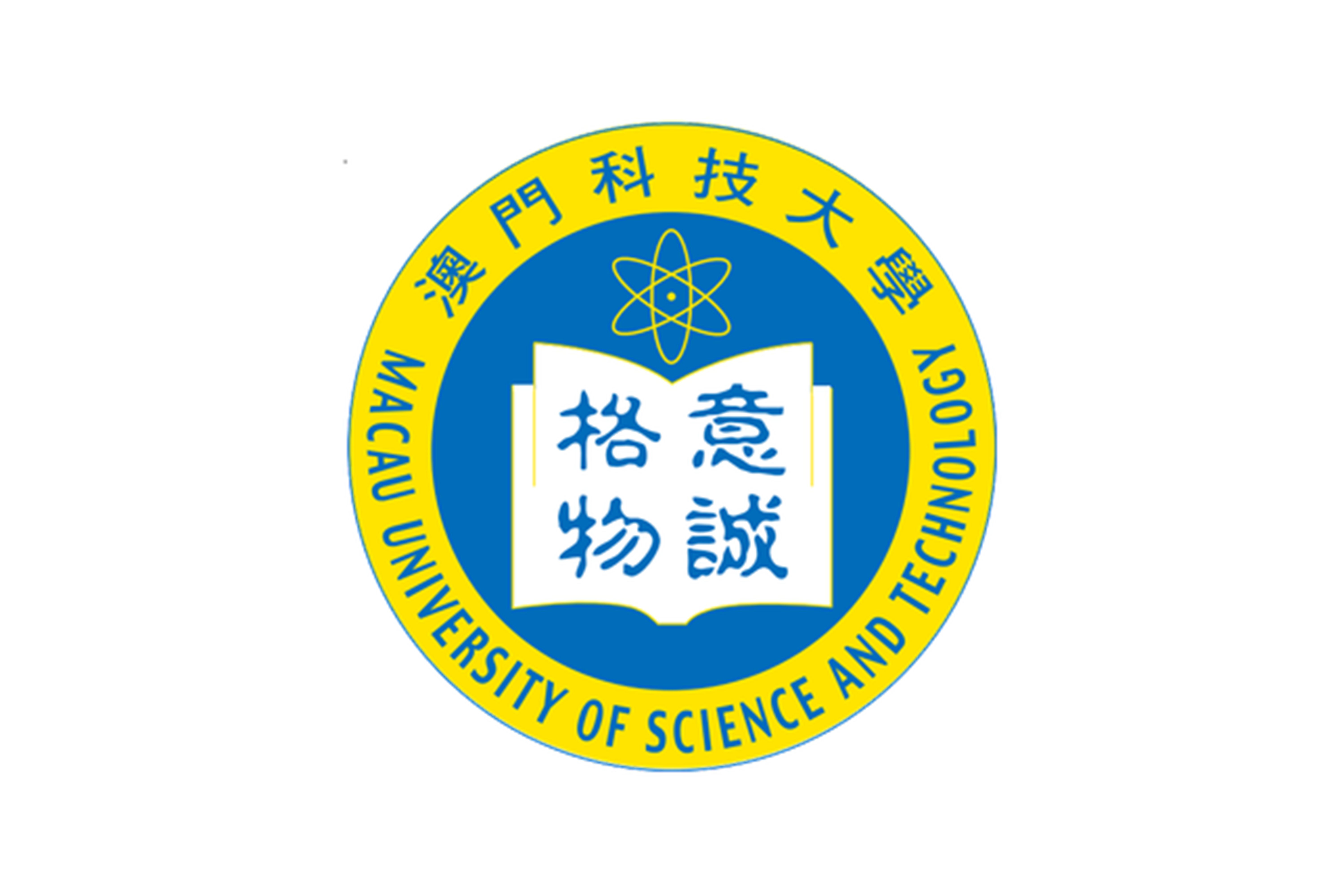
Round 2: Macau University of Science and Technology
The awardees of the 2nd round are Universidad Católica Boliviana "San Pablo" of Bolivia and Macau University of Science and Technology of Macao, China. The Macau University of Science and Technology will analyse the medical and biotechnological potential of fungi for future space exploration.
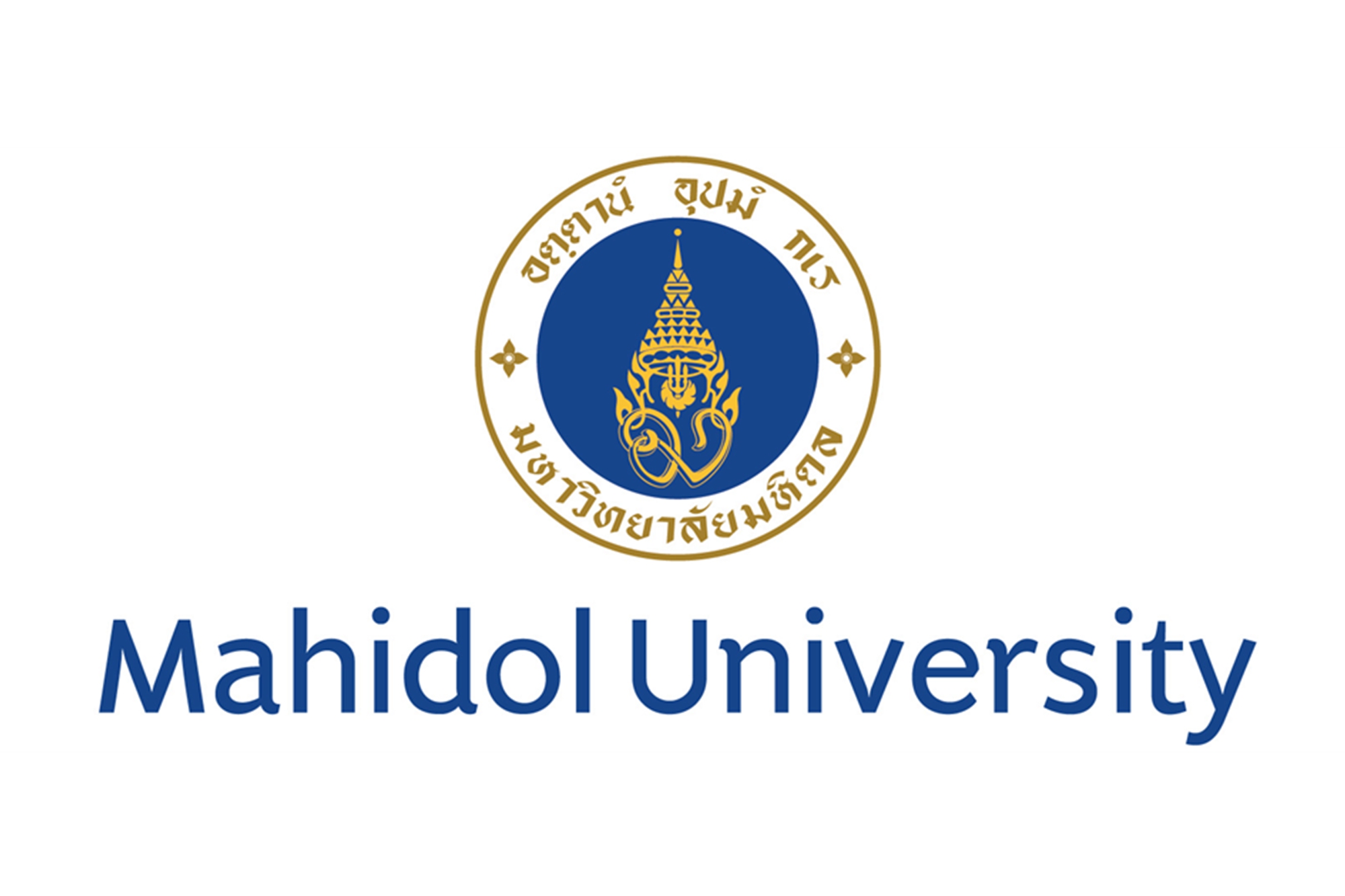
Round 1: Mahidol University
The awardee of the first round is the team from Mahidol University, Thailand, selected in 2019. The title of the project is "Watermeal, the Future Food Source for Space Exploration", which is to study the effect of hypergravity on watermeal, the smallest and fastest-growing flowering plant on Earth.
Satellite development track awardees
PHI Awardees
The United Nations/Mohammed Bin Rashid Space Centre (MBRSC) Cooperation programme on Payload Hosting Initiative "PHI", is a joint programme of the United Nations Office for Outer Space Affairs (UNOOSA) in collaboration with MBRSC. The programme started in 2022. Through this opportunity, UNOOSA and MBRSC undertake to provide the opportunity of hosting a payload on the PHI mission and to select the hosted payloads. MBRSC will provide a 12U spacecraft platform, launch and ground station for the PHI mission, and the selected entities will provide tested payloads.
For information on how to apply to PHI, check the
Rounds page.

Round 1: Bahrain Space Agency (formerly National Space Science Agency) (Bahrain)
The Bahrain Space Agency (formerly National Space Science Agency) of the Kingdom of Bahrain was selected as one of the awardees of the first round. The "AMAN" payload will test an optimized Advanced Encryption Standard, aiming to secure communication between the satellite and the ground station/Internet of Things (IoT) terminals.
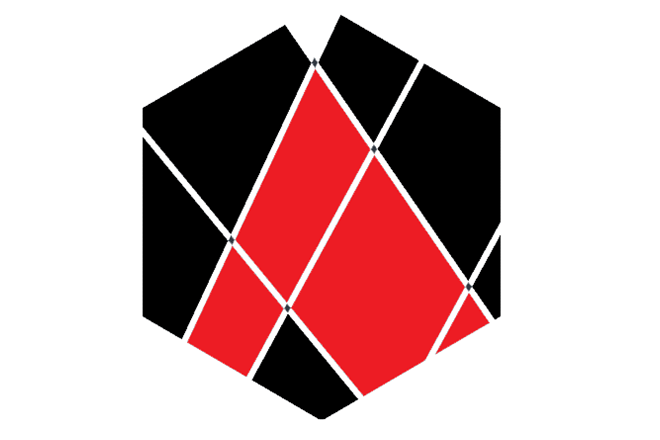
Round 1: Antarikchya Pratisthan Nepal
Antarikchya Pratisthan Nepal (Nepal Space Foundation in English) was selected as one of the awardees of the first round. The "Danfe Space Mission" of Nepal will study the operation of PX4 Autopilot, a middleware for drones in space, with a focus on how the system's behaviour and operation.
KiboCUBE Awardees
The United Nations/Japan Cooperation Programme on CubeSat Deployment from the International Space Station (ISS) Japanese Experiment Module (Kibo) "KiboCUBE" is a programme of the United Nations Office for Outer Space Affairs (UNOOSA) in collaboration with the Japan Aerospace Exploration Agency (JAXA). The programme started in 2015.
For inforation on how to apply to KiboCUBE, check the
Rounds page.
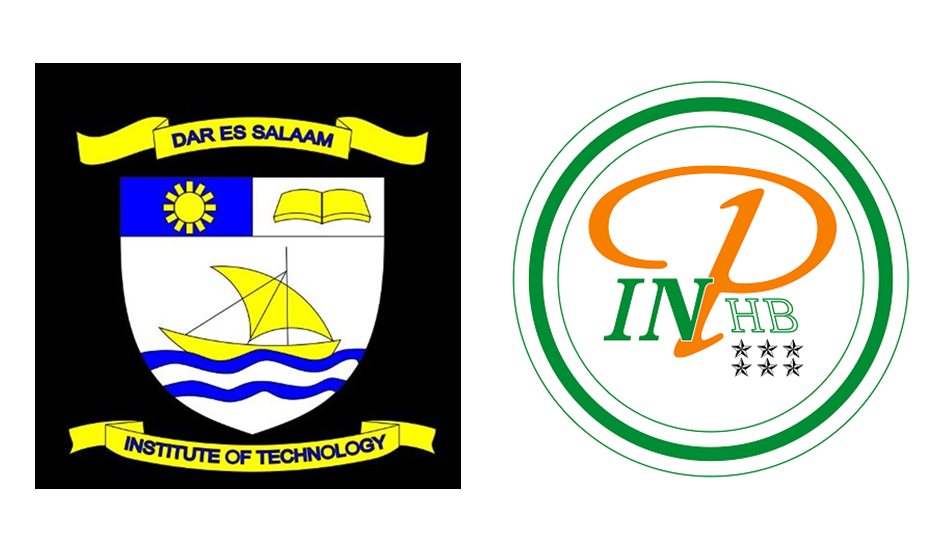
Round 8: Dar es Salaam Institute of Technology, Institut National Polytechnique Félix Houphouët Boigny
This round was opened in June 2023 and closed at the end of December 2023, and the joint team from the Dar es Salaam Institute of Technology (DIT), Tanzania and the Institut National Polytechnique Félix Houphouët Boigny (INP-HB), Côte d'Ivoire has been selected the awardee.
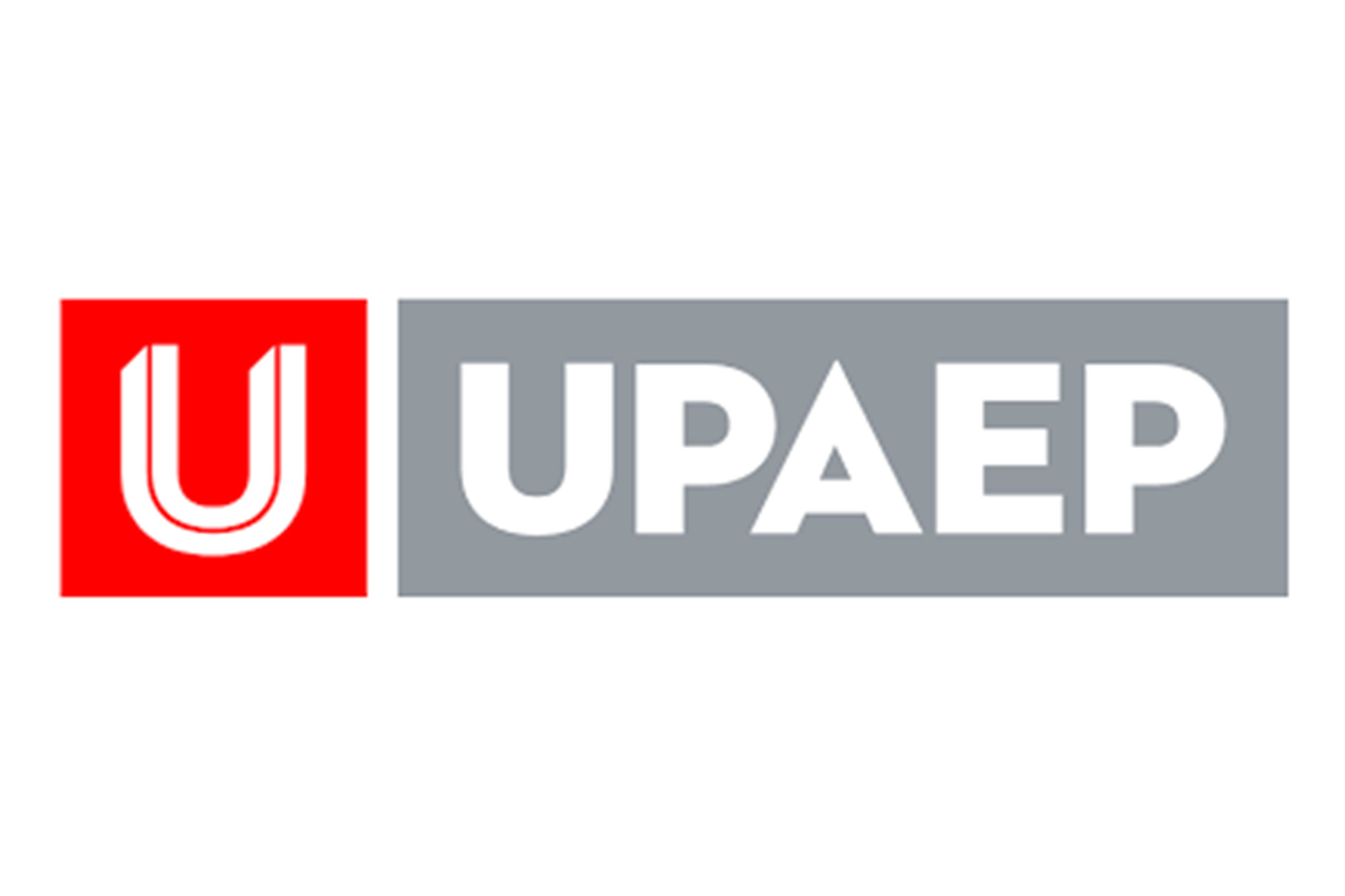
Round 6: Universidad Popular Autónoma del Estado de Puebla (UPAEP)
This round was opened in December 2020 and closed at the end of May 2021, and UPAEP, the Popular Autonomous University of the State of Puebla of Mexico have been selected the awardees. UPAEP's CubeSat 1U CubeSat "Gxiba" is to observe active volcanoes in Mexico and analyze the ash dispersion.
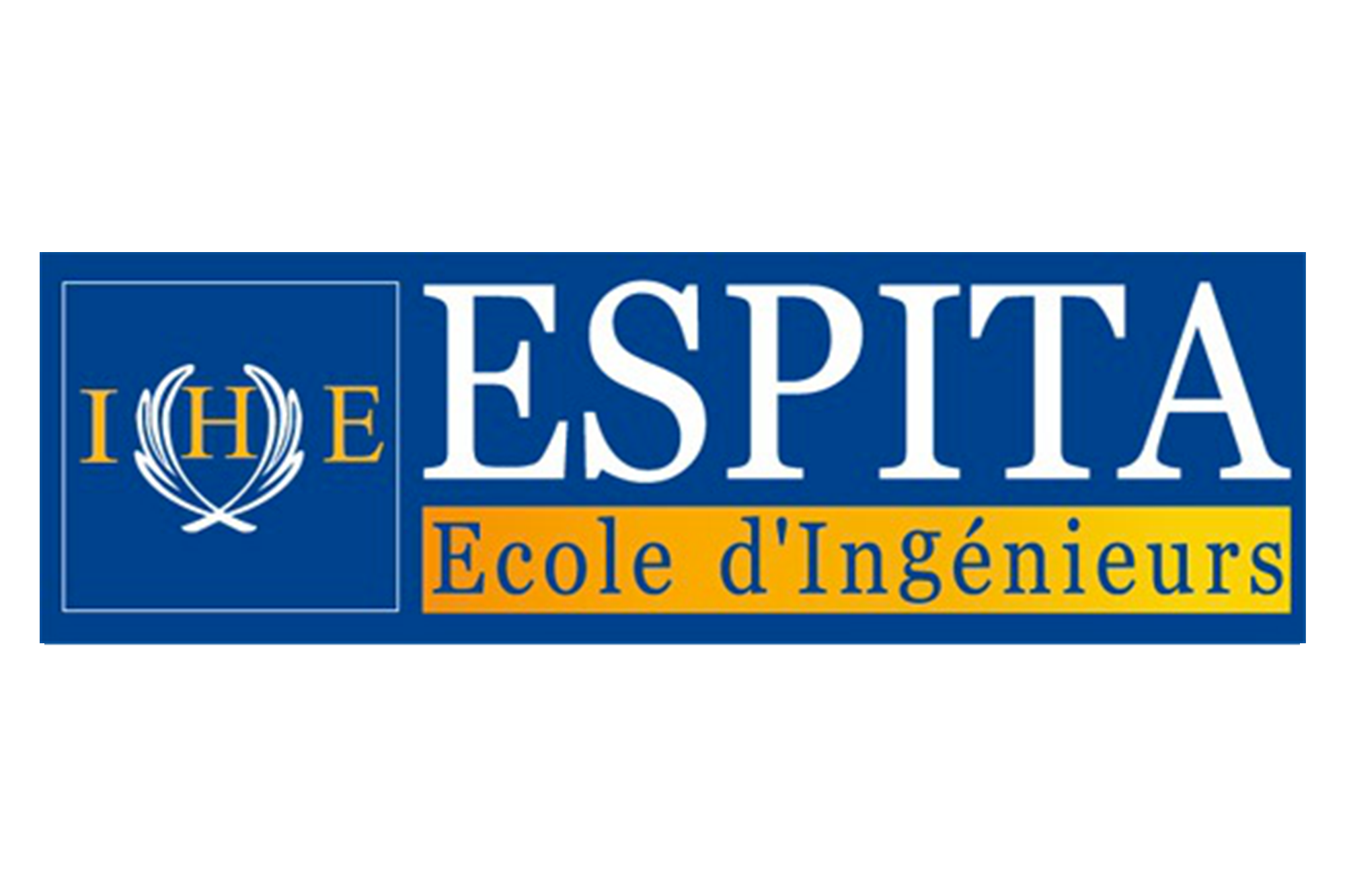
Round 6: École Supérieure Privée d'Ingénierie et de Technologie Appliquée
This round was opened in December 2020 and closed at the end of May 2021, the Private Higher School of Engineering and Applied Technology of Tunisia has been selected as the awardees. The objective of TUNSAT 1 is mainly to build the capacity of Tunisia in the aerospace industry.
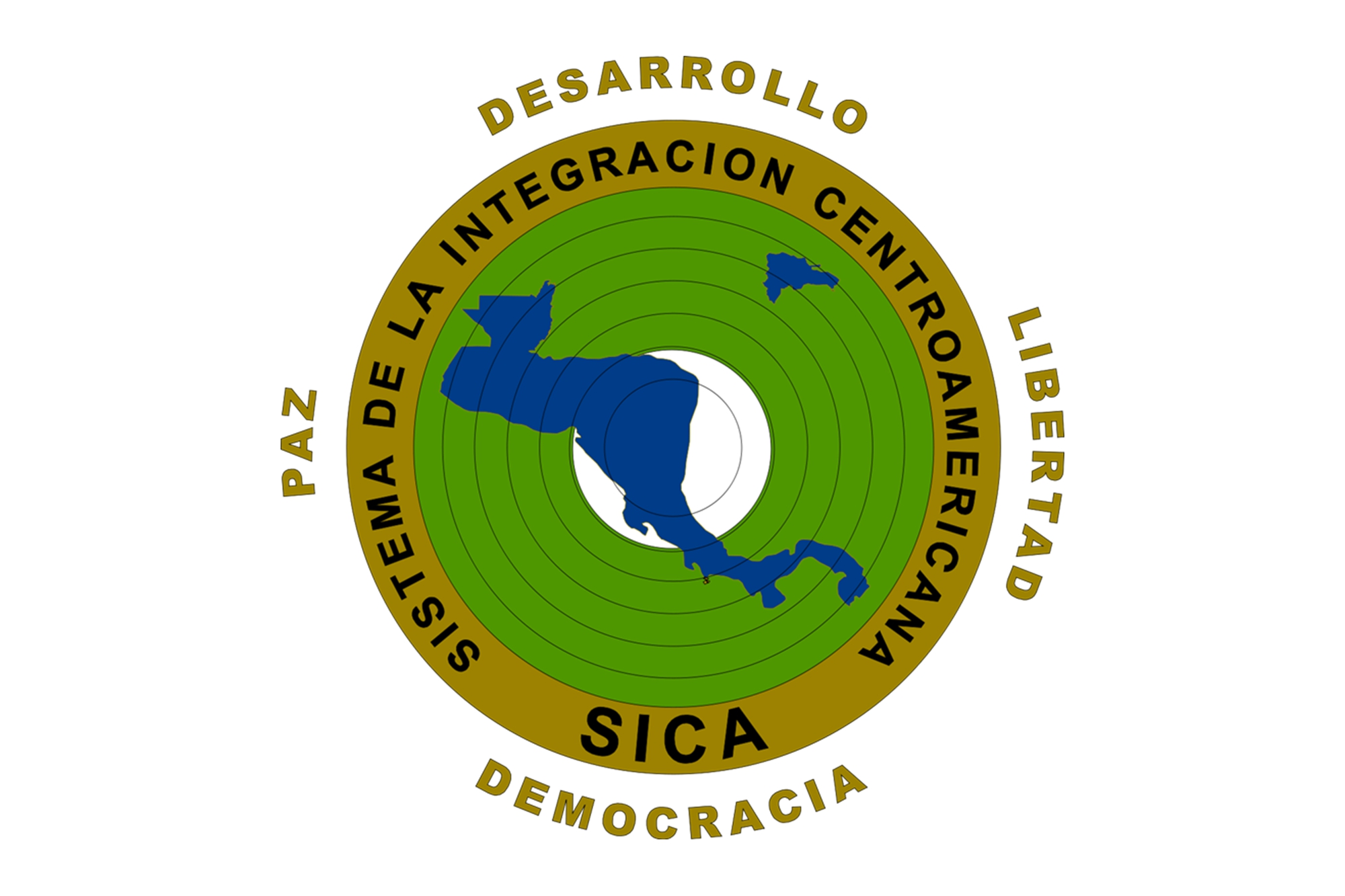
Round 5: Sistema de la Integración Centroamericana (SICA)
SICA, the Central American Integration System has been selected as the awardee in the 5th round in 2020. SICA's CubeSat "Morazan-Sat" is currently under development, seeks to be a proof of concept for the development of a UHF/VHF communication platform.
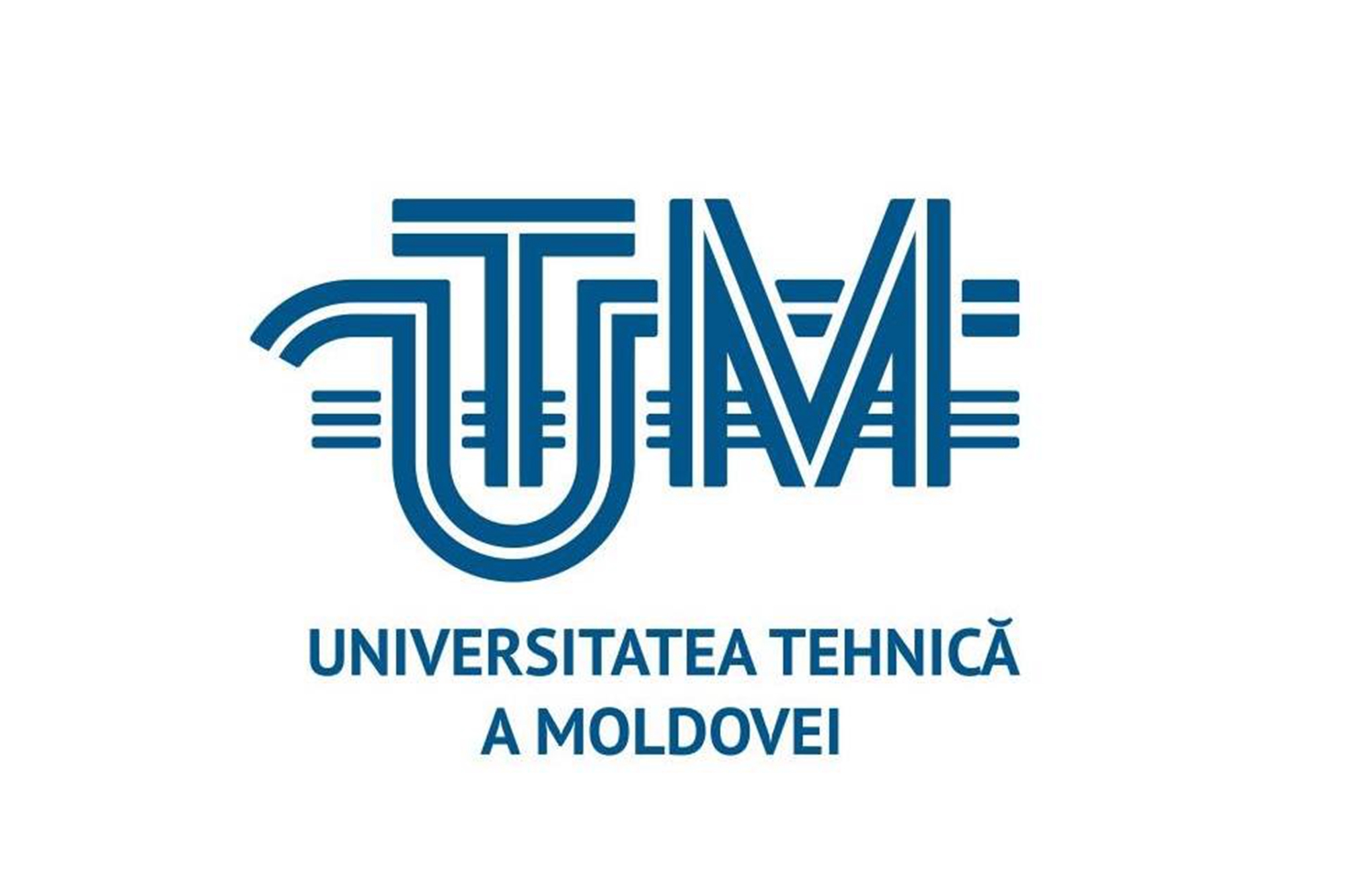
Round 4: Technical University of Moldova
The Technical University of Moldova has been selected as the awardee of the 4th round in 2019. Their CubeSat "TUMnanoSAT" was deployed in August 2022. It intends to check under real conditions the functionality of various modules and subsystems of the satellite.
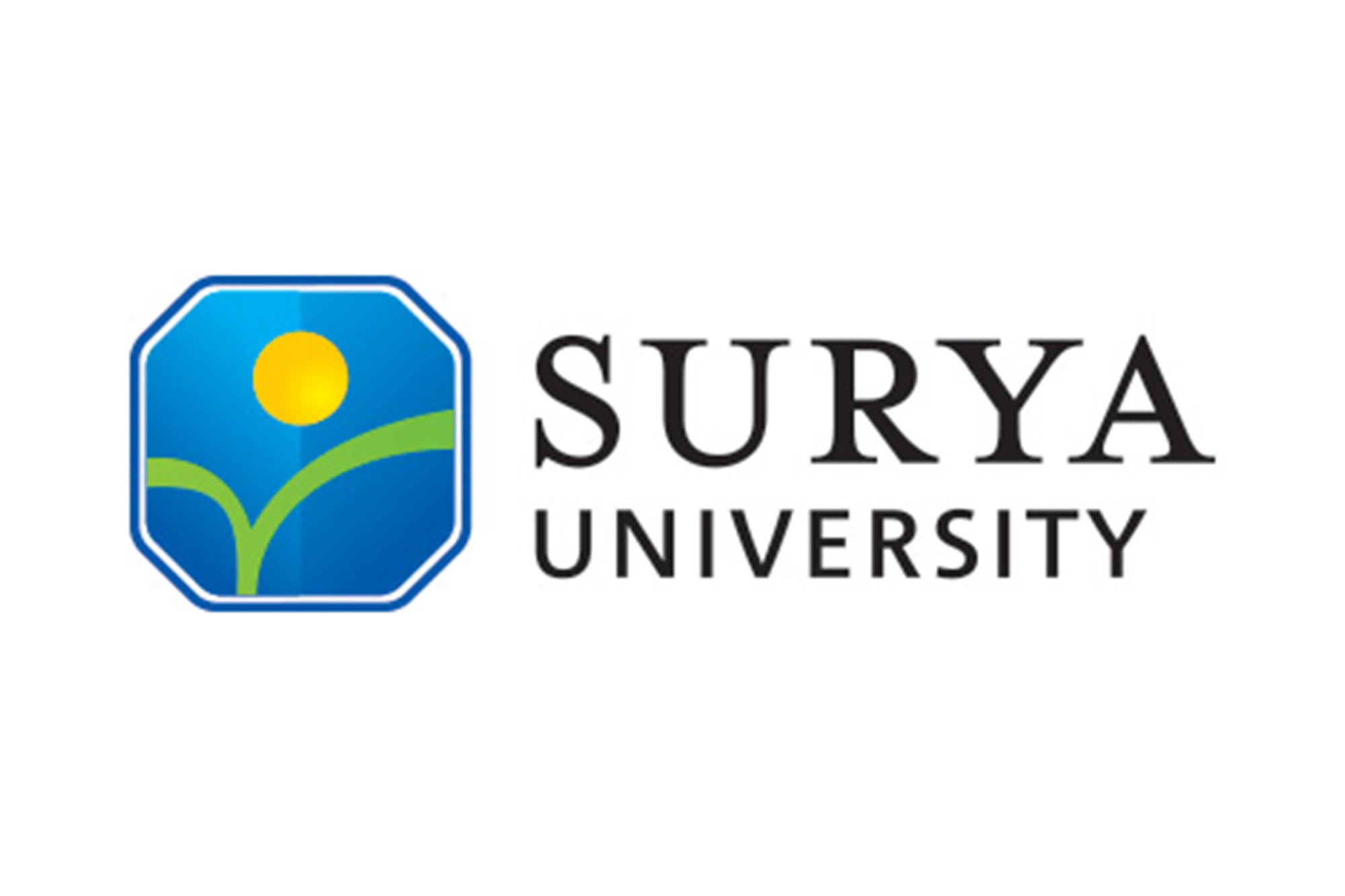
Round 3: Surya University
Surya University has been selected as one of the awardees in the 3rd round in 2018. Their CubeSat "SS-1" was deployed in January 2023. It is equipped with an Automatic Package Reporting System (APRS) payload that will communicate with the ground for two-way communication with amateur radiofrequency.
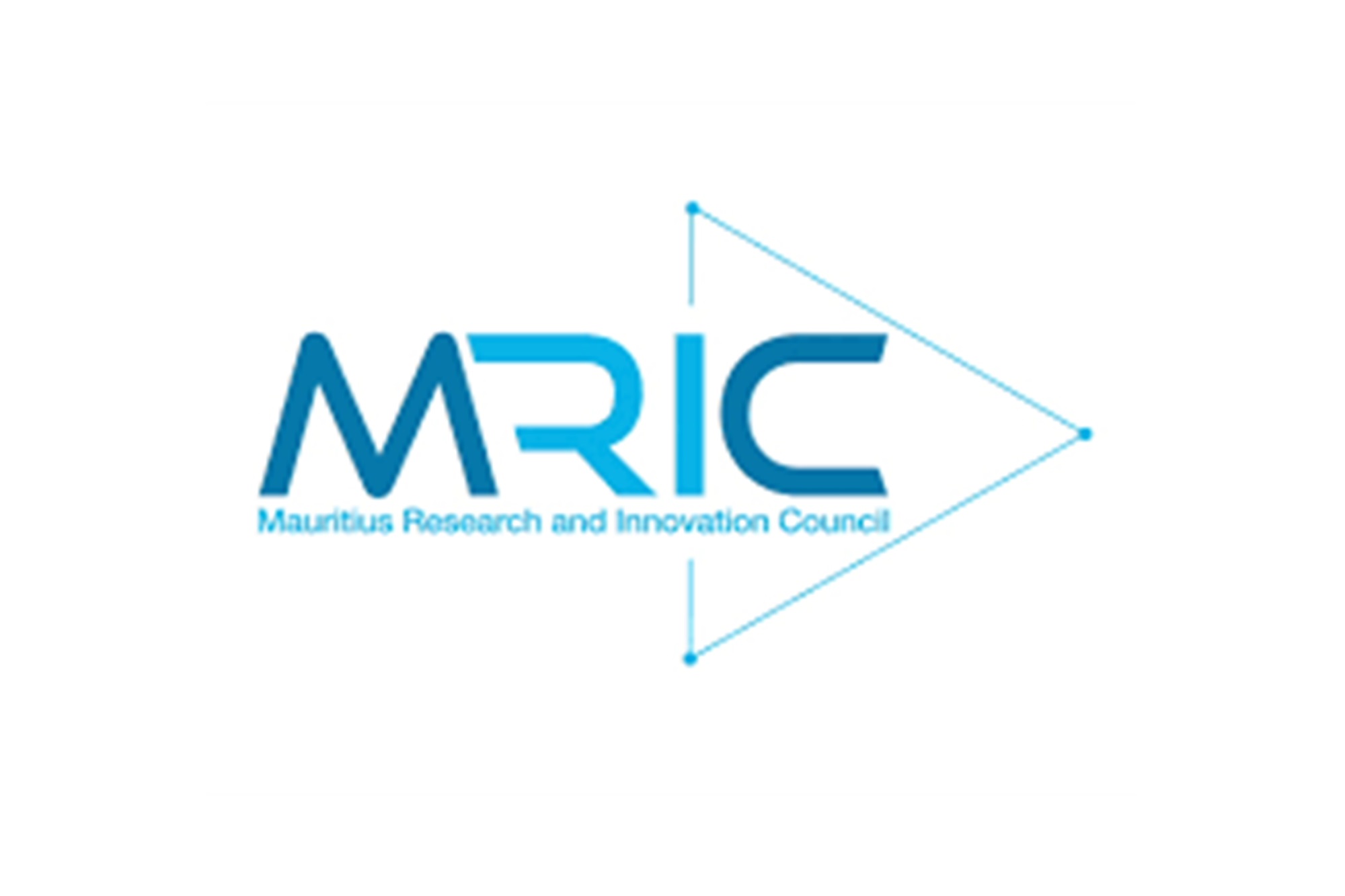
Round 3: Mauritius Research and Innovation Council (MRIC)
Mauritius Research Innovation Council (MRIC) and Surya University have been selected as the awardees in the 3rd round in 2018. "MIR-SAT 1" was deployed in June 2021. MIR-SAT1 is a technology demonstration mission to test the transmission of imagery and onboard communications systems.
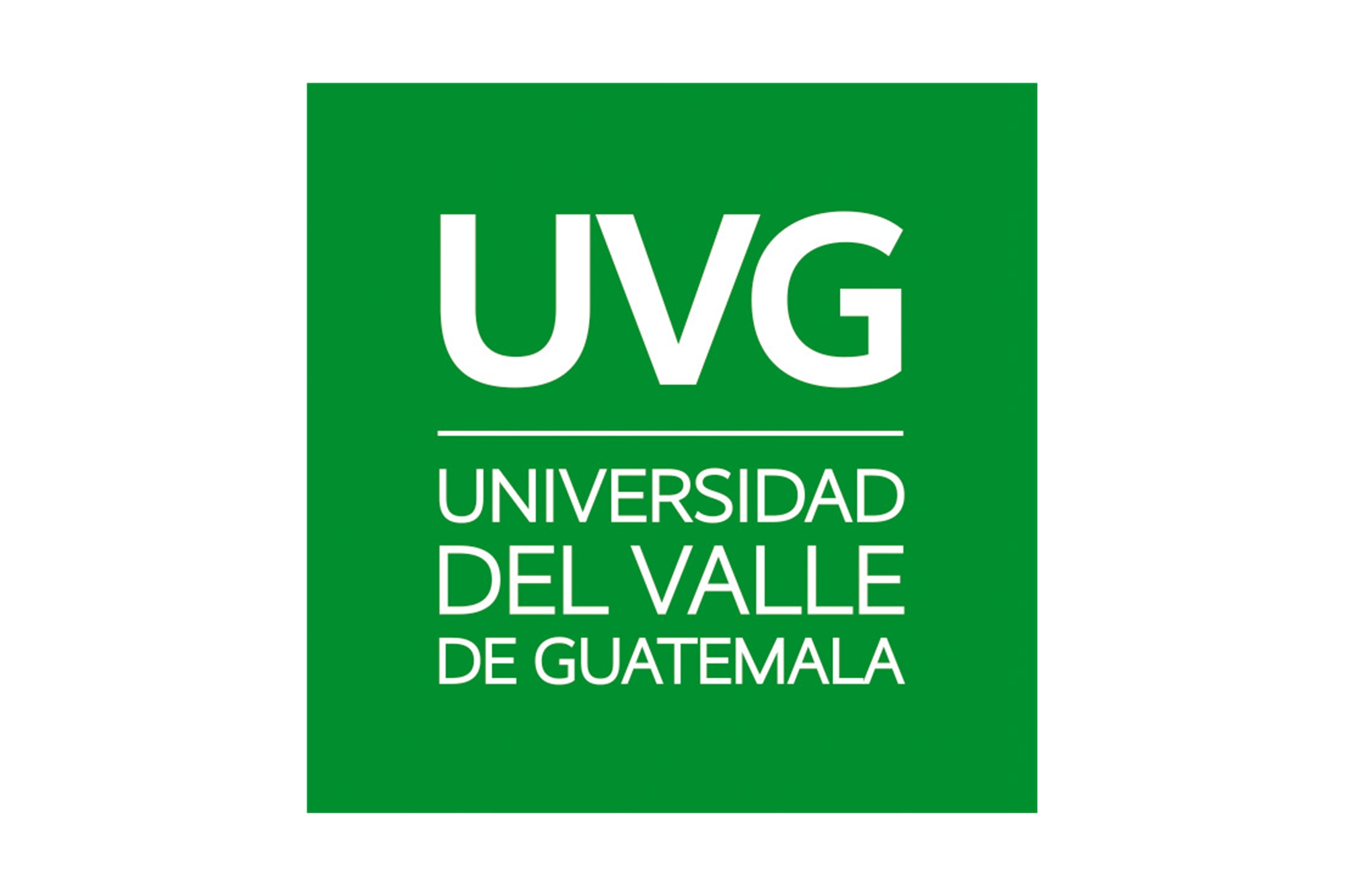
Round 2: Universidad del Valle de Guatemala (UVG)
Universidad del Valle de Guatemala (UVG) has been selected as the awardee of the 2nd round in 2017. "Quetzal-1" was deployed in April 2020. The objective of this mission was technology demonstration and testing the acquisition of remote sensing data for natural resource management.
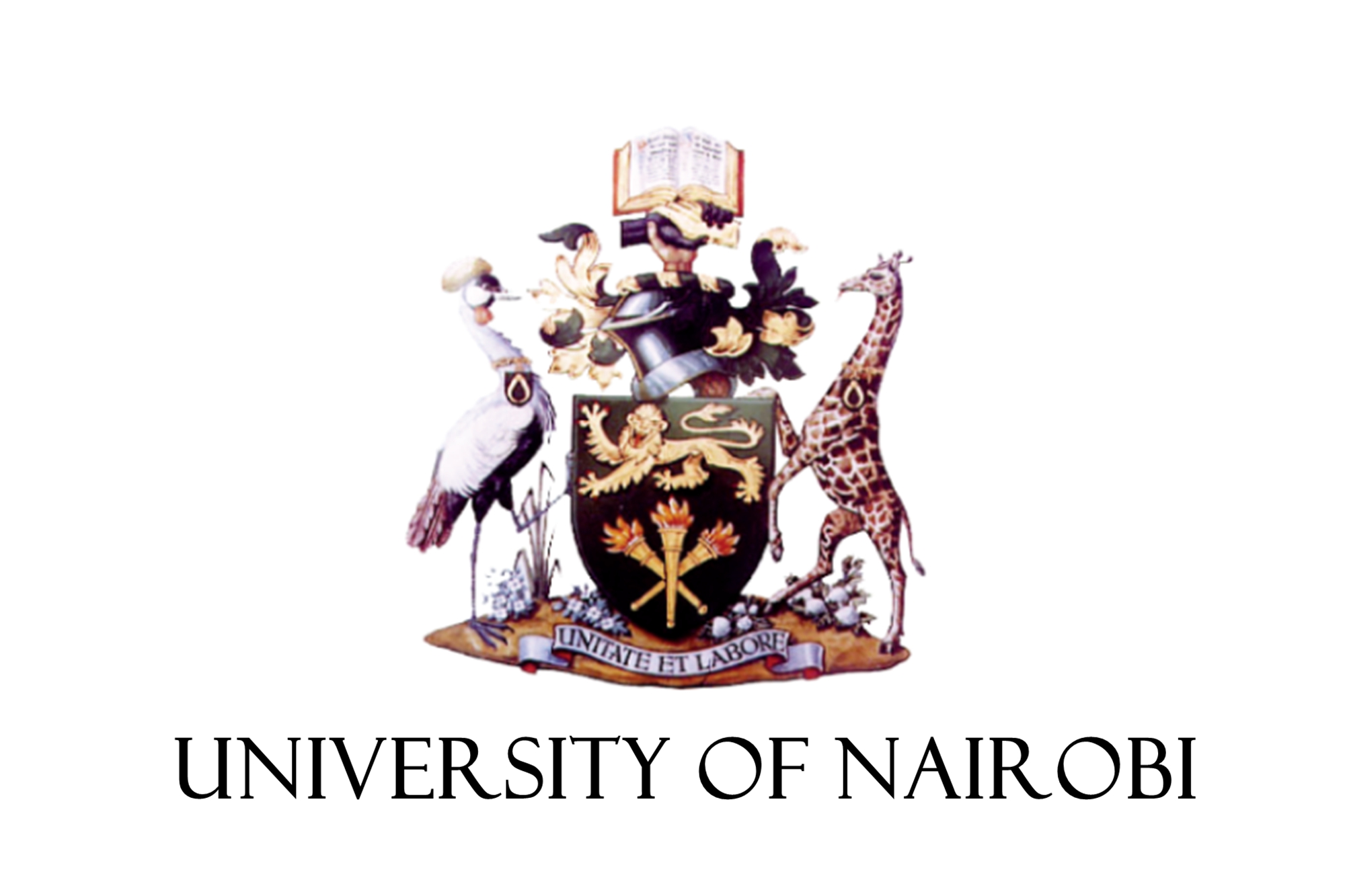
Round 1: University of Nairobi
This round was opened in September 2015 and closed at the end of March 2016 and the University of Nairobi has been selected as the awardee. Their CubeSat "1KUNS-PF" was deployed in May 2018. This was a technology demonstration mission aiming to test in-house developed and critical technologies.
Vega-C Awardees
The United Nations Office for Outer Space Affairs and Avio S.p.A. (Avio) have joined forces at the 74th session of the United Nations General Assembly to announce an agreement to cooperate on providing institutions from the UN Member States, in particular developing countries. The first round has closed in April 2021 and is under selection.
For more information on how to apply to Vega-C check the
Rounds page.

Round 1: University of Nairobi
The "NaSPUoN-0GPM2030" team is the first-round awardee of Vega C. They will develop a 3U class CubeSat at the University of Nairobi supported by the University of Arizona and Space Trust, aiming at building capacity in Kenya.
Space exploration track awardees
ISONscope Awardees
The ISONscope programme is a joint cooperation programme under the International Scientific Optical Network (ISON), for the provision of small telescopes to academic and research institutions in developing countries. In addition, this opportunity also offers assistance for the establishment of the telescope-related facilities and training of specialists on the use of the telescope.
For information on how to apply to ISONscope, check the
Rounds page.
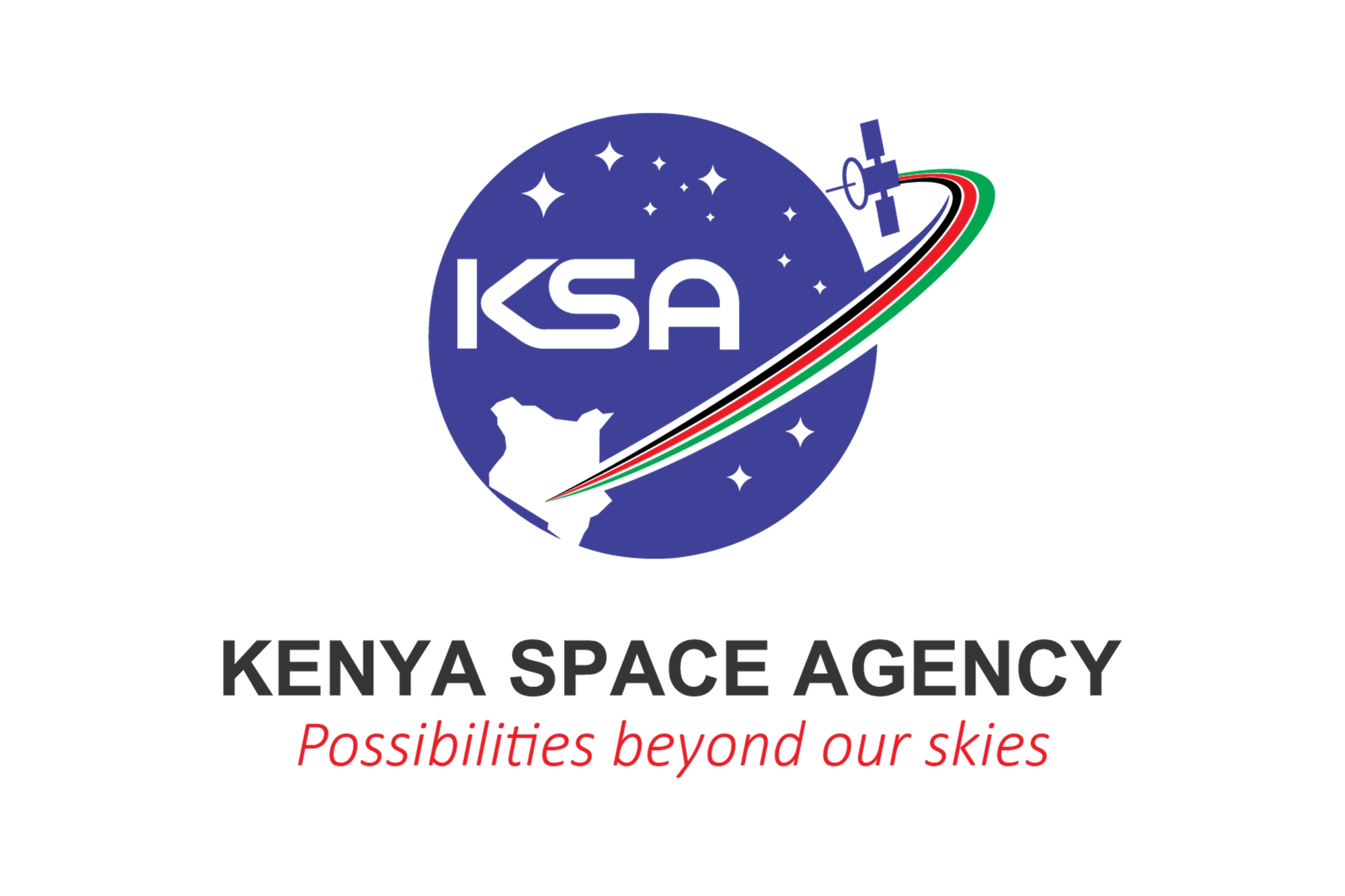
Round 1: Kenya Space Agency
Kenyan Space Observation and Research Telescope (K-SORT Project), led by Kenya Space Agency, is aiming at monitoring space debris, space weather, and Near-Earth Objects. It also hopes to promote, and support space science research and outreach program in Kenya.
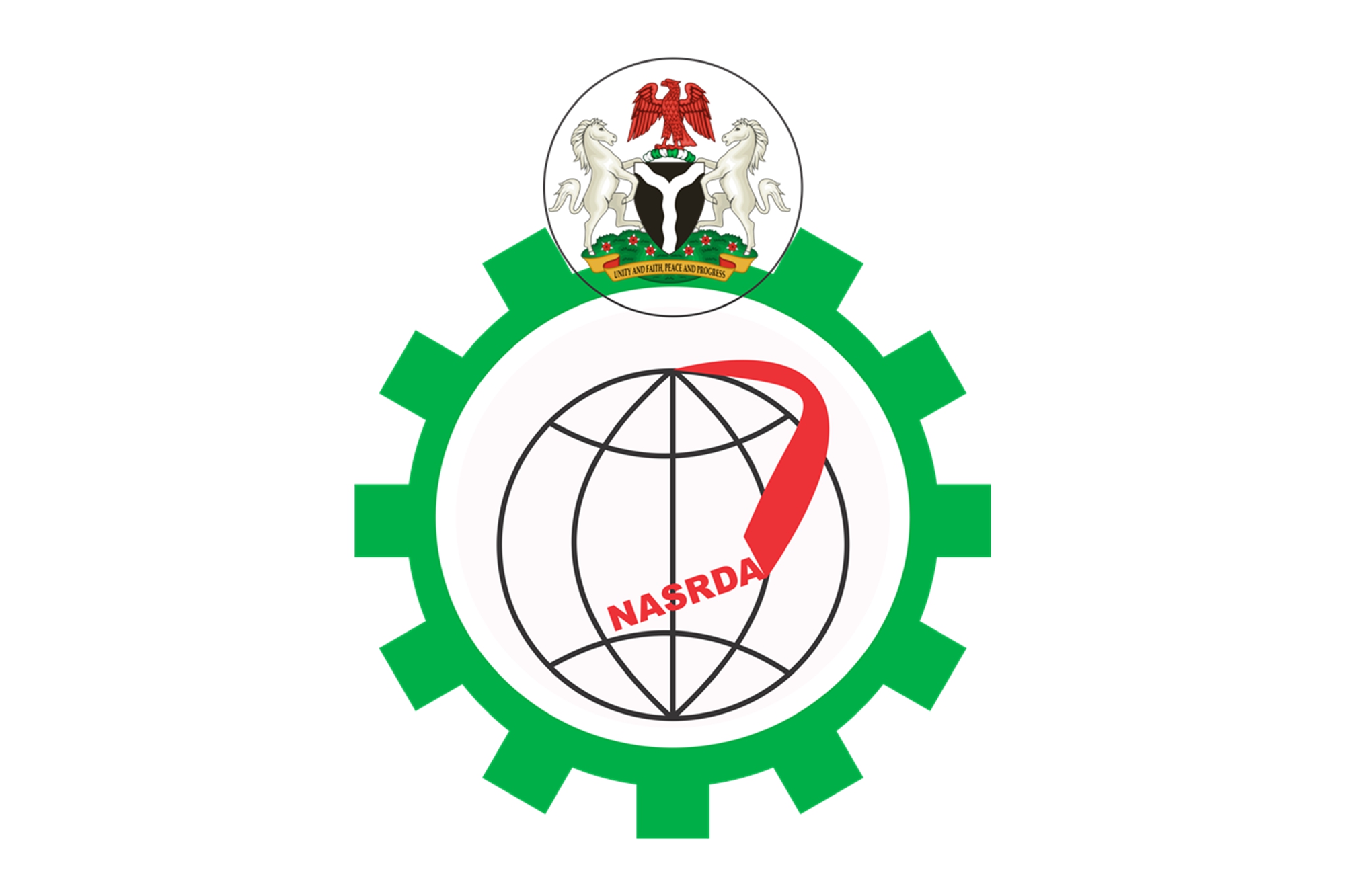
Round 1: Nigeria Centre for Basic Space Science
Centre for Basic Space Science will conduct a Photometric Study of the delta Scuti stars and rapidly oscillating Ap stars by using the telescope. In partnership with several universities in Nigeria, the capacity of students is expected to be built through access to telescope usage.
